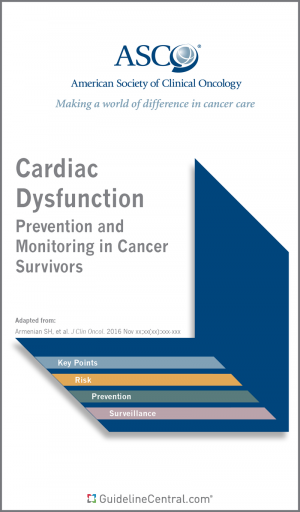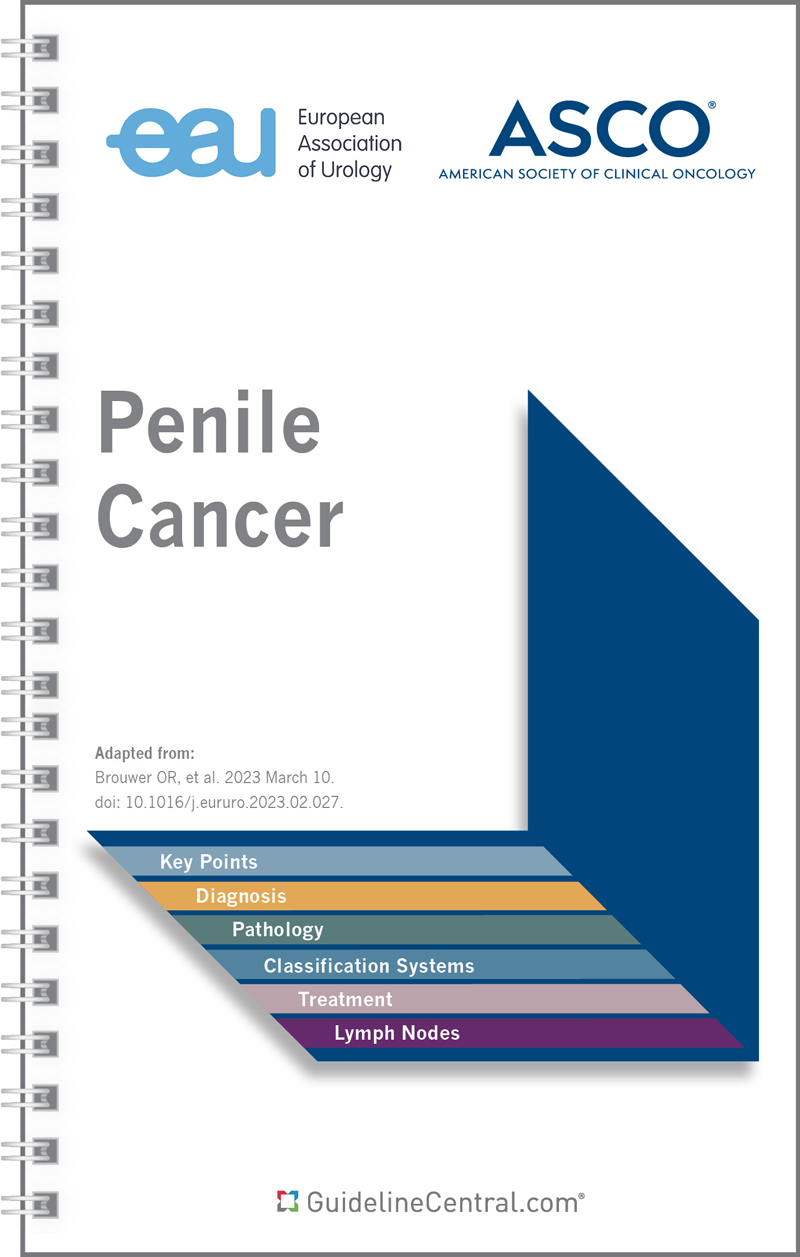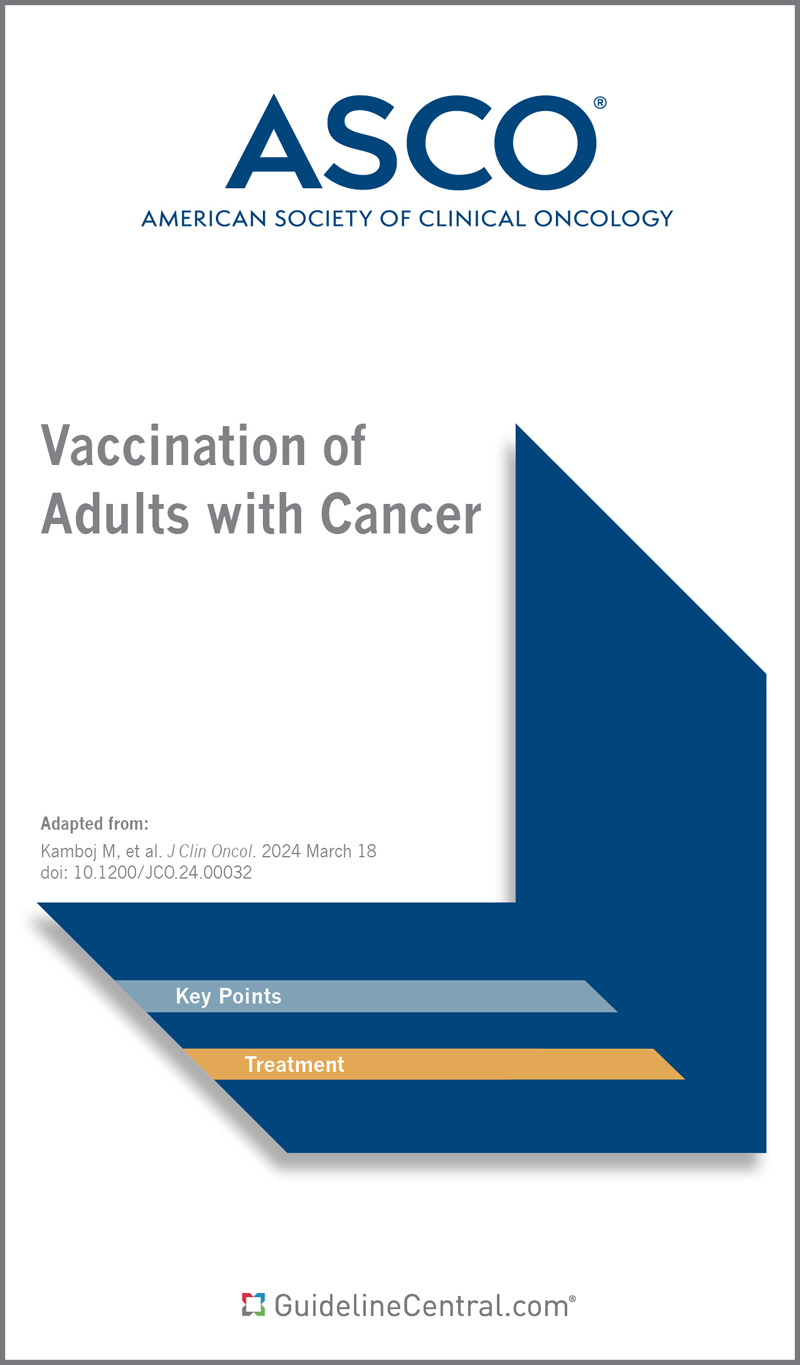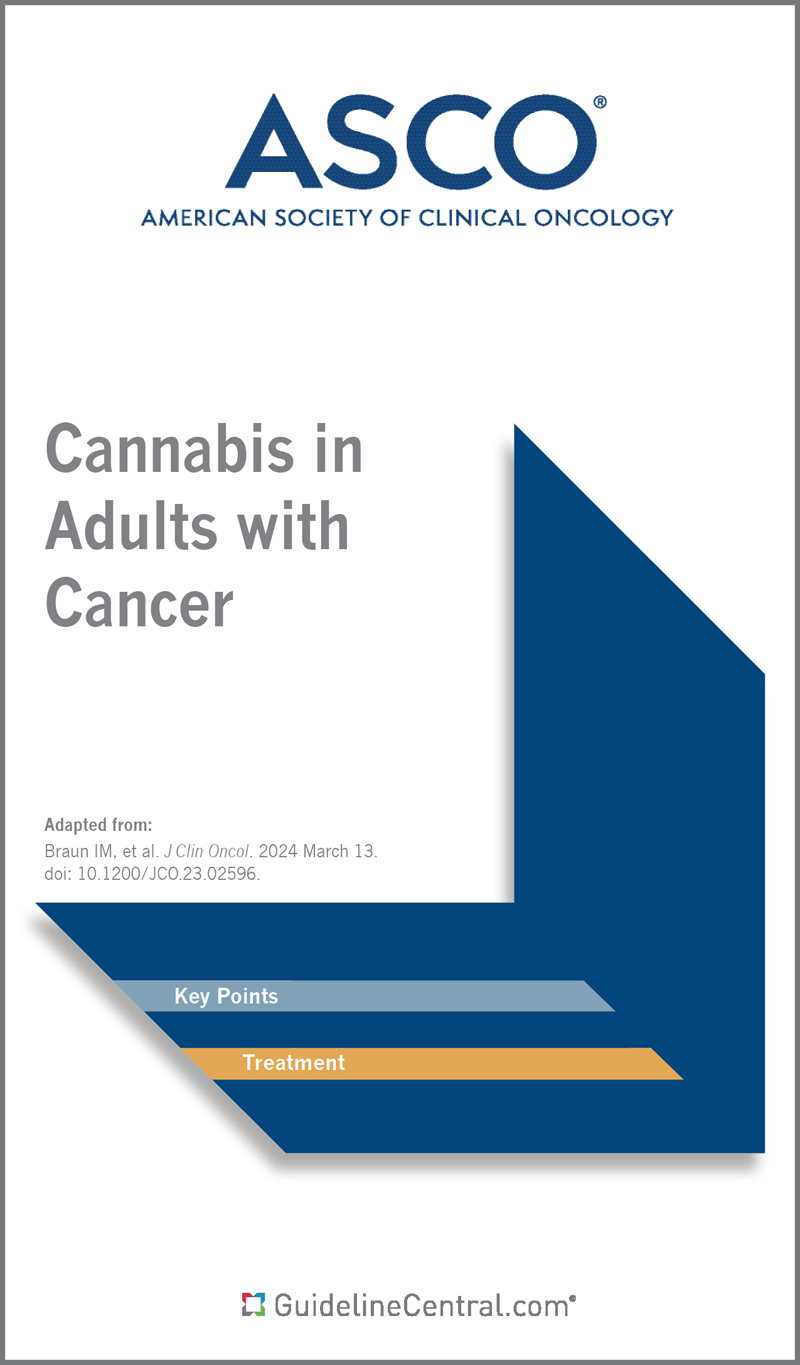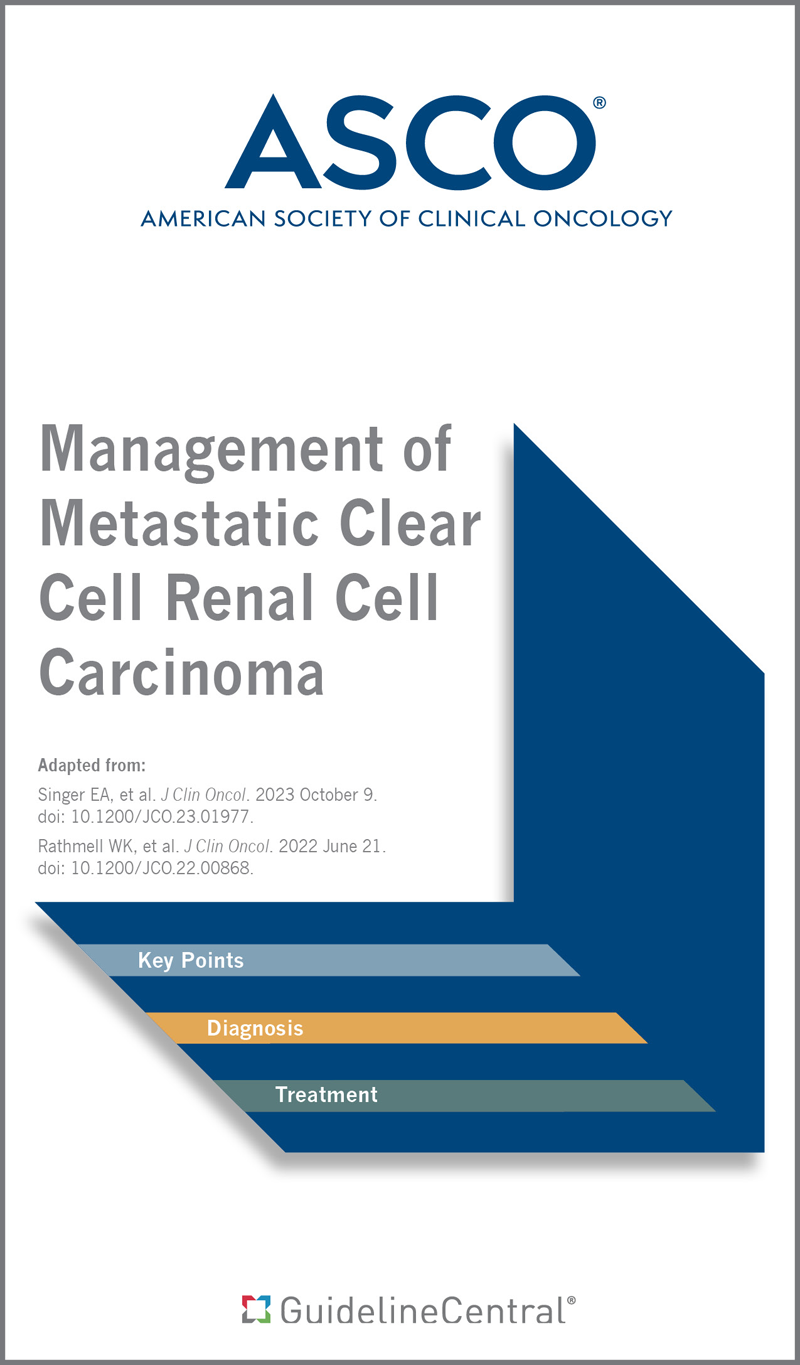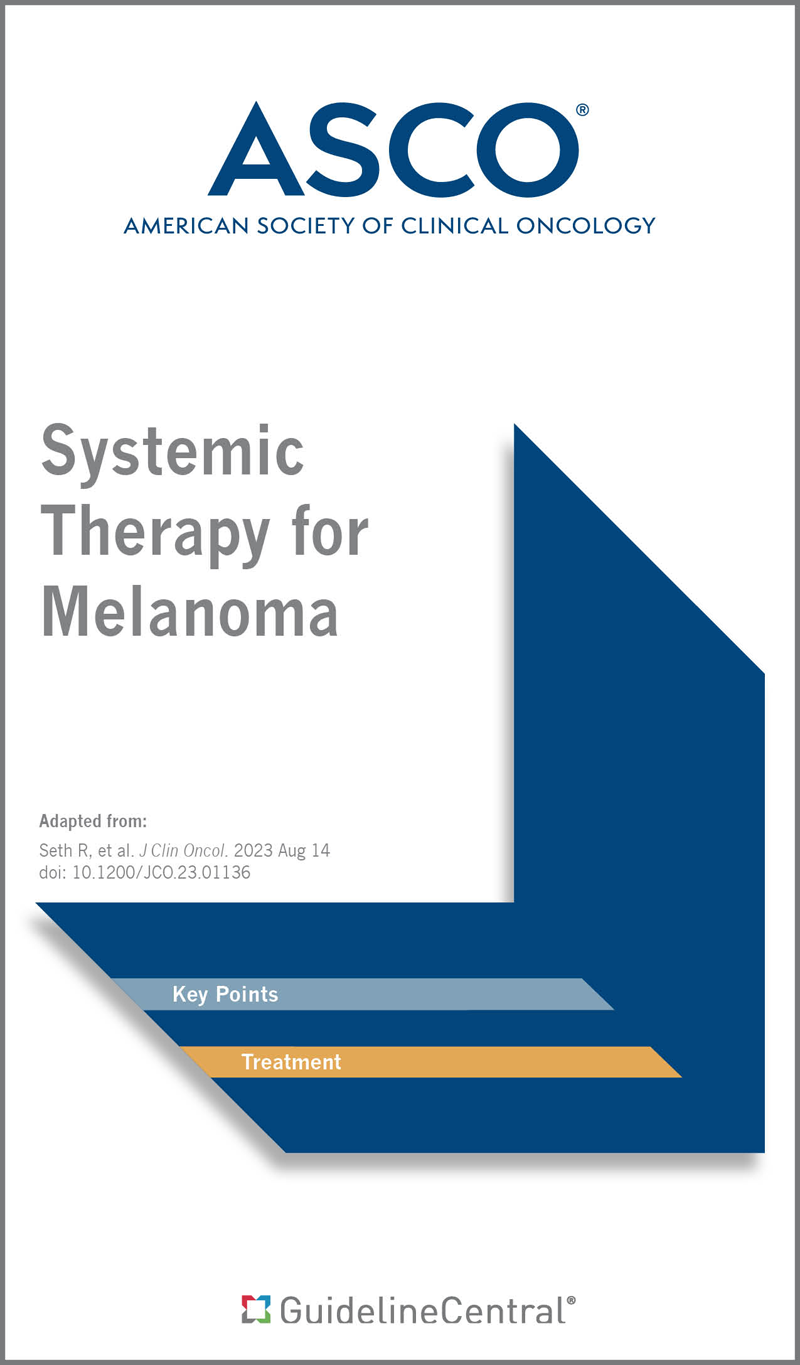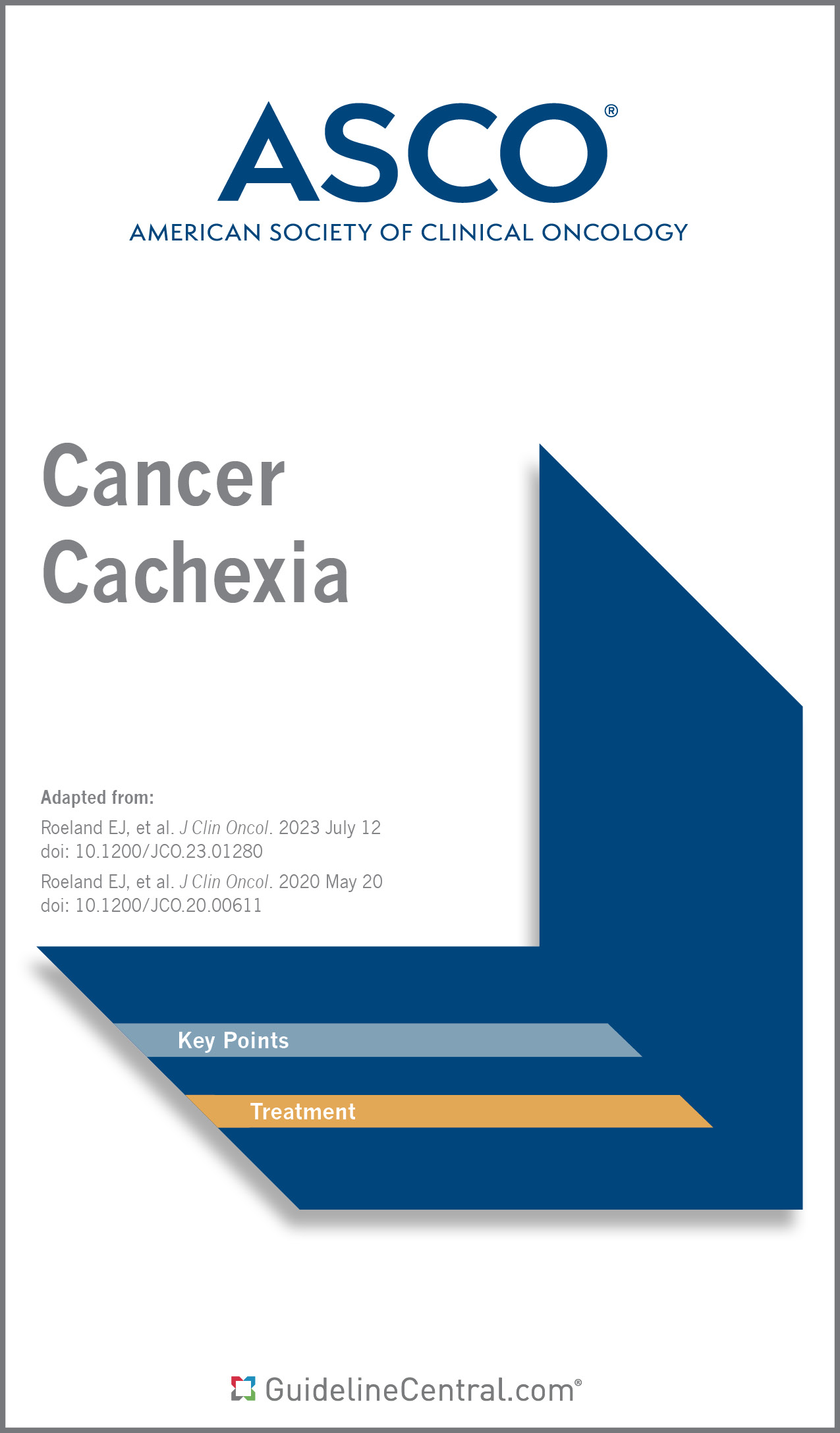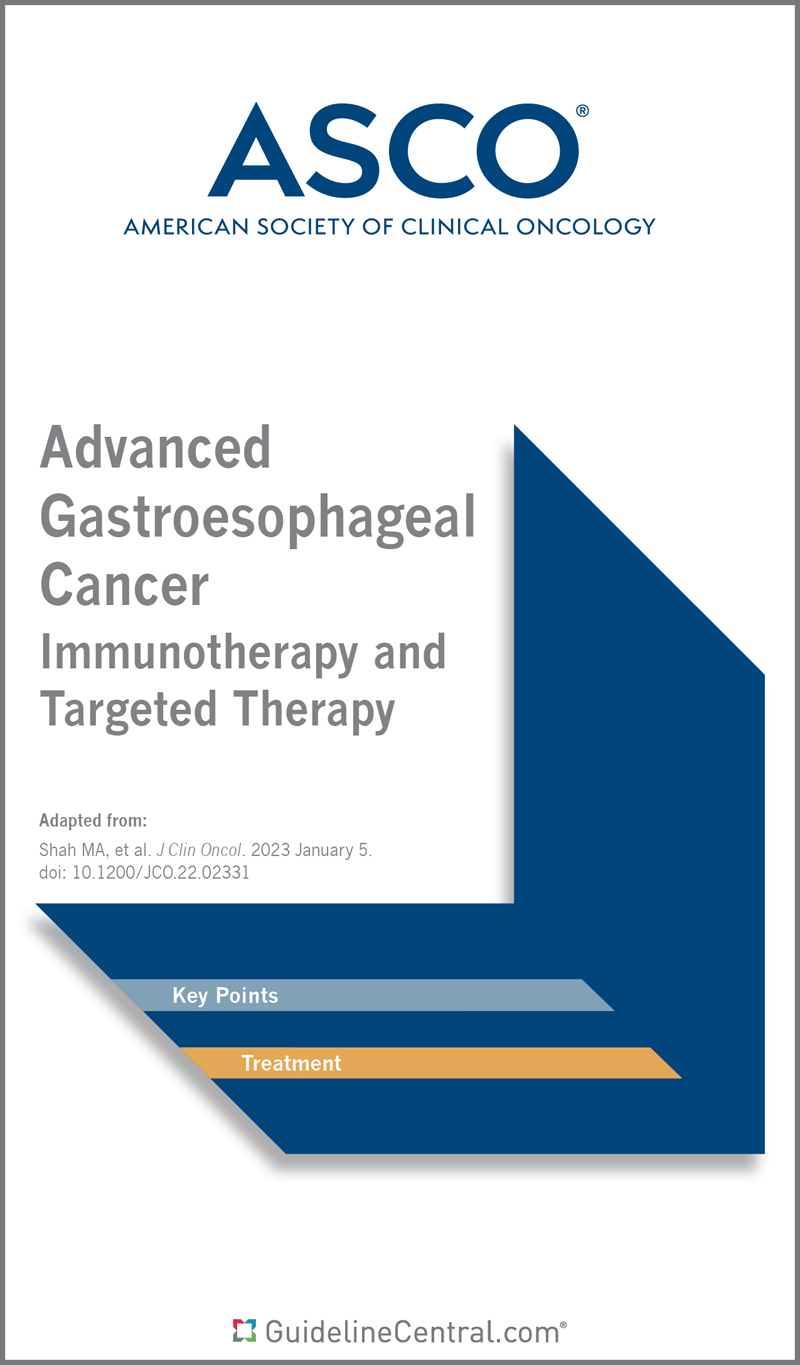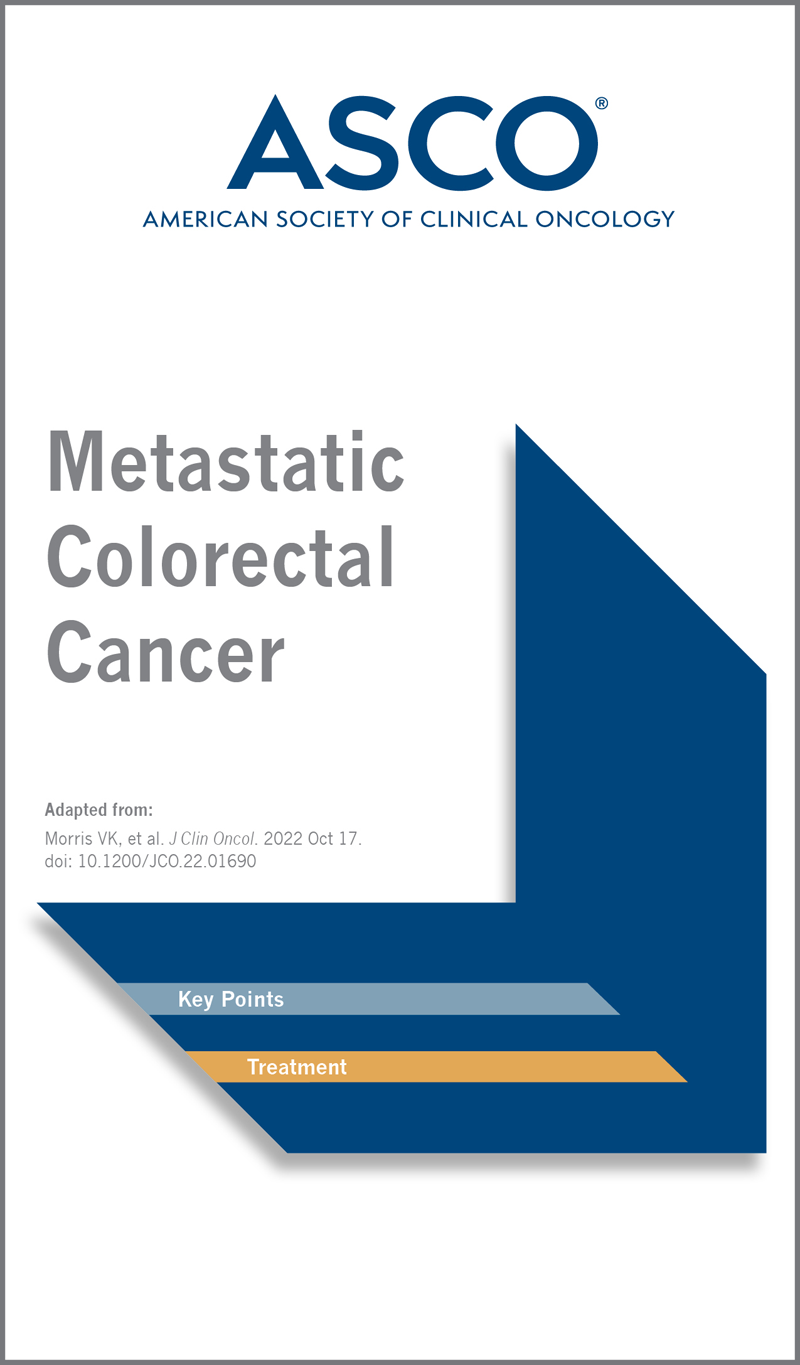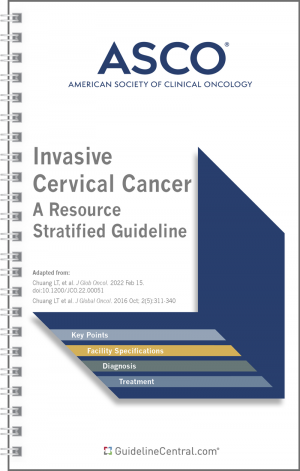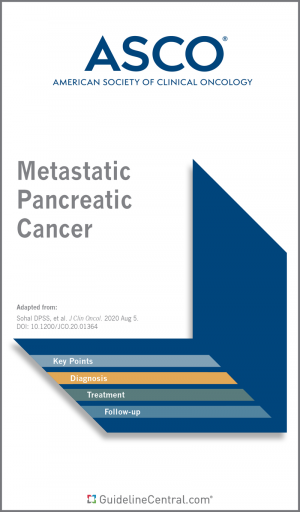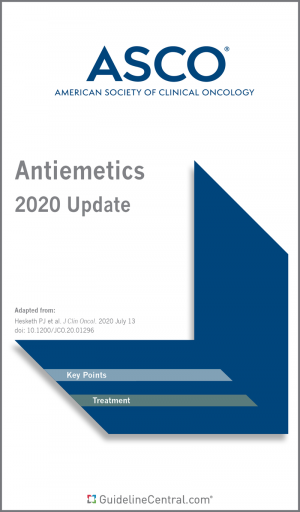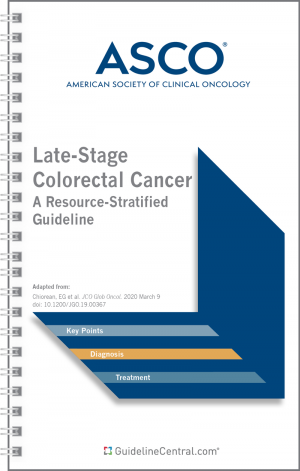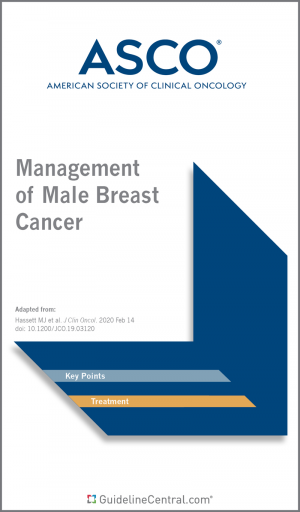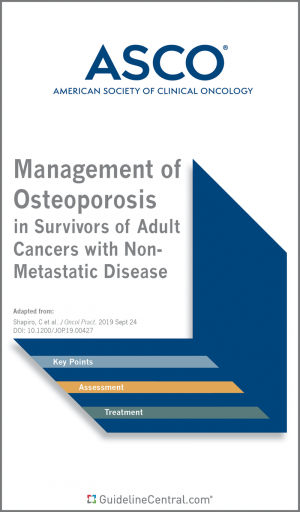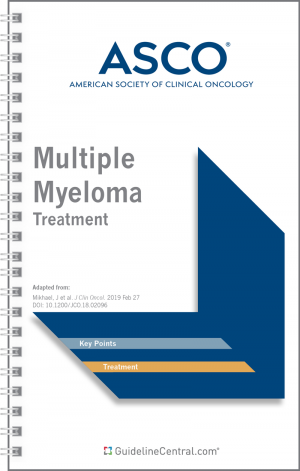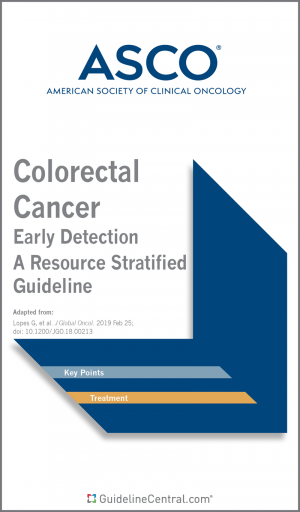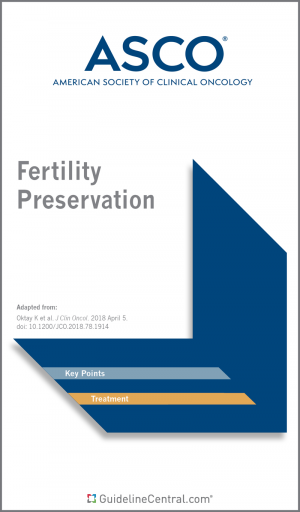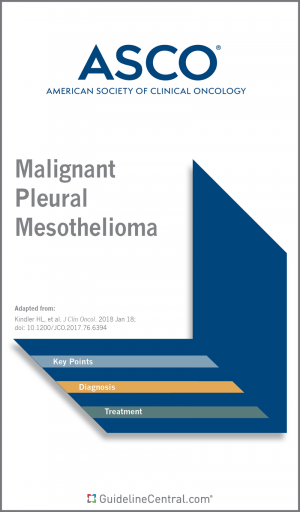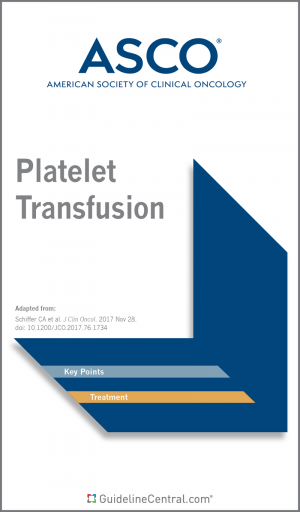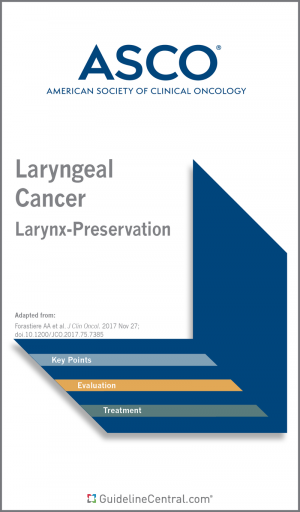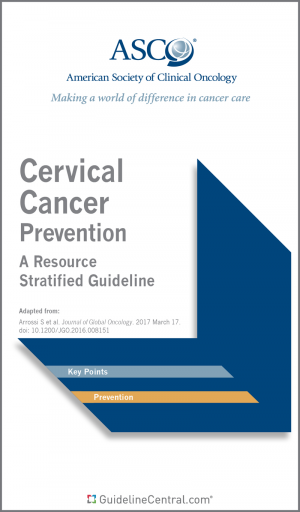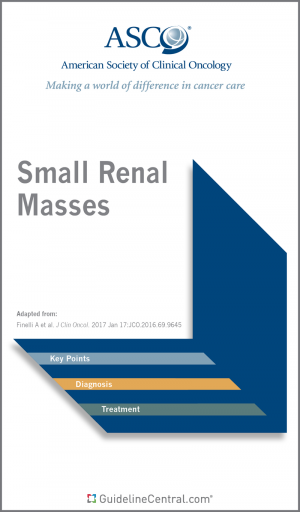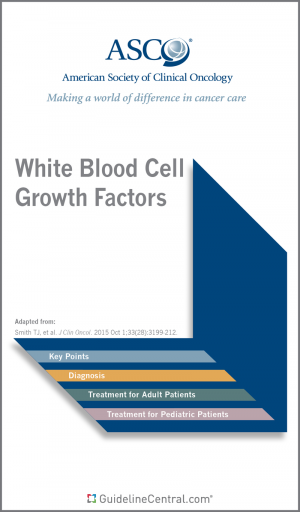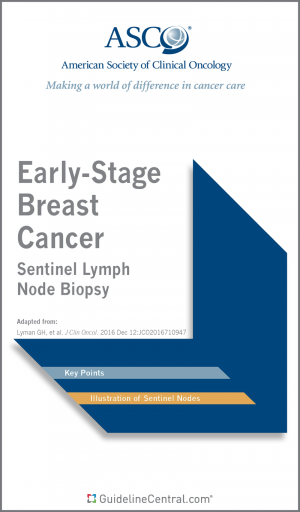Penile Cancer
- 22 pages
- Spiral Bound
- 80# Aqueous Coating
- 4.25" x 7.25"
- Ships in 5 – 10 business days
- Key Points
- Diagnosis
- Table: Histological Subtypes of Penile Carcinomas According to the 2020 WHO Classification, Frequency and Outcomes
- Pathology
- Table: Classification of Penile Intra-epithelial Neoplasia
- Table: Information to Include in Pathology Reports for Penile Carcinomas
- Table: Grading Recommendations for Penile SCC
- Figure: Patterns of p16 Expression
- Summary of Evidence and Guidelines for the Pathological Assessment of Tumour Specimens
- Classification Systems
- Table: The Union for International Cancer Control (UICC)/American Joint Committee on Cancer (AJCC) 8th Edition TNM Clinical and Pathological Classification of Penile Cancer
- Table: UICC TNM Stage/Prognostic Groups
- Summary of Evidence and Guidelines for the Diagnosis and Staging of Penile Cancer
- Treatment
- Primary Tumour
- Summary of Evidence and Guidelines for Local Treatment of Penile Carcinoma
- Lymph Nodes
- Table: Variations in Radical Inguinal Lymphadenectomy
- Table: Impact of Pre-intra- and Post-operative Factors on Morbidity Following rILND
- Summary of Evidence and Guidelines for rILND in cN1–2 Disease
- Summary of Evidence and Guidelines for Prophylactic Pelvic Lymph Node Dissection
- Summary of Evidence and Guidelines for the Surgical Management of cN3 Disease
- Summary of Evidence and Guidelines for Neoadjuvant and Adjuvant Chemotherapy
- Primary Tumour
- Summary of Evidence and Guidelines for Systemic andPalliative Therapies for Advanced Penile Cancer
- Follow-Up and Quality of Life (QoL)
- Table: Unmet Needs of Penile Cancer Patients
- Table: Follow-up Regime for Penile Cancer
- Summary of Evidence and Guidelines for Follow-up and QoL
- For purchases under 100 in quantity, we suggest placing the order directly through the website.
- We offer group/institutional licenses for multi-user accounts (discount amount varies depending on the number of users).
- We are proud to offer special discounts to medical schools, training programs, students and more.
- We offer bulk purchase discounts based on number of copies and number of titles.
Contact Us for more details
Description
This pocket guide is derived from recommendations in the American Society of Clinical Oncology Guideline. This resource is a practice tool based on ASCO® practice guidelines and is not intended to substitute for the independent professional judgment of the treating physician. Practice guidelines do not account for individual variation among patients. This pocket guide does not purport to suggest any particular course of medical treatment. Use of the practice guidelines and this resource are voluntary. The practice guidelines and additional information are available at https://uroweb.org/guidelines/penile-cancer and www.asco.org/genitourinary-cancer-guidelines.
Copyright © 2023 by European Association of Urology and American Society of Clinical Oncology. All rights reserved.
You can also find this product included in this bundle!
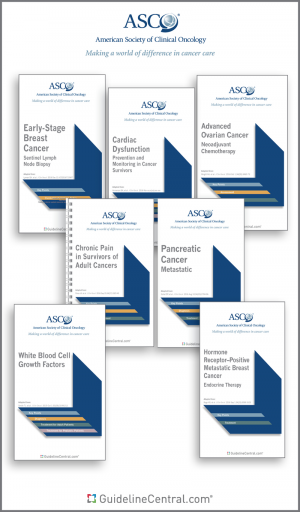
- Adjuvant Bisphosphonates and Other Bone-Modifying Agents in Breast Cancer
- Adjuvant Therapy for Stage III Colon Cancer
- Advanced Gastroesophageal Cancer
- Advanced Human Epidermal Growth Factor Receptor 2-Positive Breast Cancer
- Advanced Human Epidermal Growth Factor Receptor 2-Positive Breast Cancer – Brain Metastases
- Antiemetics
- Antimicrobial Prophylaxis for Adult Patients With Cancer-Related Immunosuppression
- Antineoplastic Therapy Administration Safety Standards for Adult and Pediatric Oncology
- Anxiety and Depression in Adult Survivors of Cancer
- Appropriate Systemic Therapy Dosing for Obese Adult Patients with Cancer
- Axilla Management in Early-Stage Breast Cancer
- Biomarkers for Adjuvant Endocrine and Chemotherapy in Early-Stage Breast Cancer
- Biomarkers for Systemic Therapy in Metastatic Breast Cancer
- Bone-Modifying Agents in Metastatic Breast Cancer
- Bone-Modifying Agents in Multiple Myeloma
- Breast Cancer Germline Testing
- Cancer Survivorship for People Affected by Advanced or Metastatic Cancer
- Cancer-Associated Anemia With Erythropoiesis-Stimulating Agents
- Cannabis in Adults with Cancer
- Cardiac Dysfunction - Prevention and Monitoring in Cancer Survivors
- Cervical Cancer Prevention
- Chemotherapy in Combination With Radiotherapy for Definitive-Intent Treatment of Stage II-IVA Nasopharyngeal Carcinoma
- Chemotherapy-Naïve Castration-Resistant Prostate Cancer
- Chronic Pain in Survivors of Adult Cancers
- Clear Cell Renal Cell Carcinoma
- Colorectal Cancer Biomarkers
- Colorectal Cancer Early Detection
- Diagnosis and Management of Squamous Cell Carcinoma of Unknown Primary in the Head and Neck
- Diffuse Astrocytic and Oligodendroglial Tumors in Adults
- Early-Stage Breast Cancer
- Estrogen and Progesterone Receptor Testing in Breast Cancer
- Exercise, Diet, and Weight Management During Cancer Treatment
- Fatigue in Adult Survivors of Cancer
- Fertility Preservation
- Germline and Somatic Tumor Testing in Epithelial Ovarian Cancer
- Germline Genetic Testing for Cancer
- Hepatitis B Virus Screening and Management for Patients with Cancer Prior to Therapy
- HER2 Testing in Breast Cancer
- Hormone Receptor–Positive Breast Cancer Adjuvant Endocrine Therapy
- HR-Positive, HER2-Negative Metastatic Breast Cancer
- Immune-related Adverse Events from Immune Checkpoint Inhibitor Therapy
- Immune-related Adverse Events — CAR T-Cell Therapy
- Initial Management of Noncastrate Advanced, Recurrent, or Metastatic Prostate Cancer
- Integrative Medicine for Pain Management in Oncology
- Integrative Oncology Care of Symptoms of Anxiety and Depression in Adult Patients with Cancer
- Invasive Cervical Cancer
- Laryngeal Cancer
- Late-Stage Colorectal Cancer
- Locally Advanced Rectal Cancer
- Lung Cancer Surveillance After Definitive Curative-Intent Therapy
- Malignant Pleural Mesothelioma
- Management of Cancer Cachexia
- Management of Dyspnea in Advanced Cancer
- Management of Hereditary Breast Cancer
- Management of Male Breast Cancer
- Management of Osteoporosis
- Management of Salivary Gland Malignancy
- Management of the Neck in Squamous Cell Carcinoma of the Oral Cavity and Oropharynx
- Medication-Related Osteonecrosis of the Jaw
- Metastatic Colorectal Cancer
- Metastatic HER2-Negative Breast Cancer – Chemo- and Targeted Therapy
- Metastatic Pancreatic Cancer
- Metastatic Well-differentiated Gastroenteropancreatic Neuroendocrine Tumors
- Molecular Biomarkers in Localized Prostate Cancer
- Multiple Myeloma
- Neoadjuvant Chemotherapy for Newly Diagnosed, Advanced Ovarian Cancer
- Neoadjuvant Chemotherapy, Endocrine Therapy, and Targeted Therapy for Breast Cancer
- Non-Small Cell Lung Cancer — Adjuvant Therapy for Completely Resected Stages I-IIIA
- Optimum Imaging Strategies for Advanced Prostate Cancer
- Osteoradionecrosis in Patients With Head and Neck Cancer
- Outpatient Management of Fever and Neutropenia in Adults Treated for Malignancy
- Ovarian Masses and Treatment of Epithelial Ovarian Cancer
- Palliative Care
- Palliative Care in the Global Setting
- Pancreatic Cancer - Evaluating Susceptibility
- PARP Inhibitors in the Management of Ovarian Cancer
- Penile Cancer
- Platelet Transfusion
- Potentially Curable Pancreatic Adenocarcinoma
- Prevention And Management Of Chemotherapy-Induced Peripheral Neuropathy In Survivors Of Adult Cancers
- Recurrent and Metastatic Head and Neck Cancers
- Resected Biliary Tract Cancer
- Role of Treatment Deintensification in the Management of p16+ Oropharyngeal Cancer
- Salivary Gland Hypofunction and/or Xerostomia
- Secondary Prevention of Cervical Cancer
- Selection of Optimal Adjuvant Chemotherapy and Targeted Therapy for Early Breast Cancer
- Small Renal Masses
- Somatic Genomic Testing for Metastatic or Advanced Cancer
- Stage II Colon Cancer Adjuvant Therapy
- Stage III Non-Small Cell Lung Cancer
- Stage IV Non-Small Cell Lung Cancer without Driver Alterations
- Systemic Therapy for Advanced Hepatocellular Carcinoma
- Systemic Therapy for Melanoma
- Systemic Therapy for Small Cell Lung Cancer
- Systemic Therapy for Stage I–III Anal Squamous Cell Carcinoma
- Systemic Treatment of Patients With Metastatic Breast Cancer
- Therapy for Stage IV Non-Small-Cell Lung Cancer With Driver Alterations
- Treatment for Brain Metastases
- Treatment of Early-Stage Colorectal Cancer
- Treatment of Locally Advanced Esophageal Carcinoma
- Treatment of Metastatic Carcinoma and Myeloma of the Femur
- Use of Endocrine Therapy for Breast Cancer Risk Reduction
- Use of Opioids for Cancer Pain
- Vaccination of Adults with Cancer
- Venous Thromboembolism Prophylaxis and Treatment in Patients with Cancer
- Vulnerabilities in Older Patients Receiving Systemic Cancer Therapy
- White Blood Cell Growth Factors
Related Guidelines

Systemic Therapy for Stage I–III Anal Squamous Cell Carcinoma
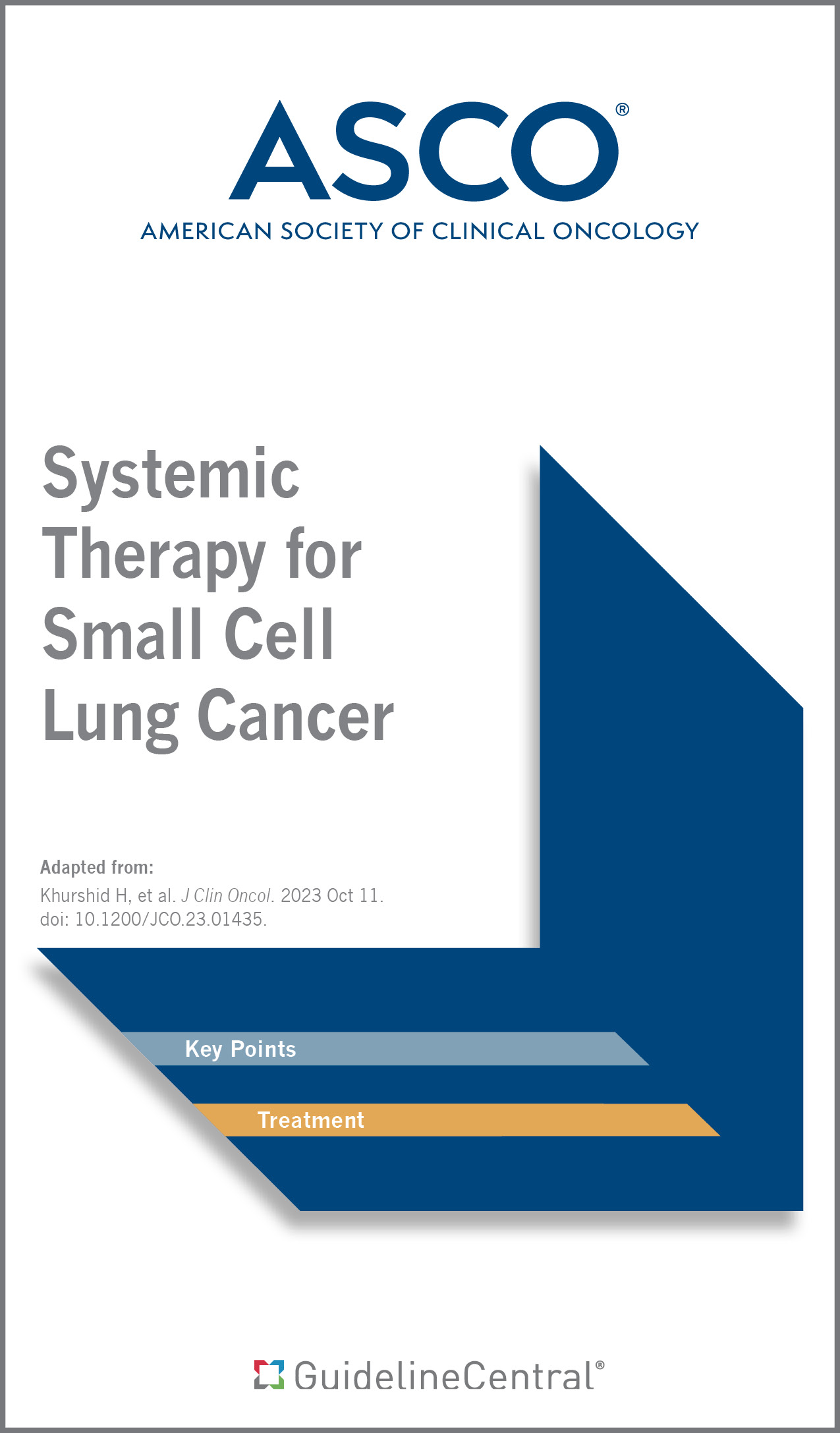
Systemic Therapy for Small Cell Lung Cancer
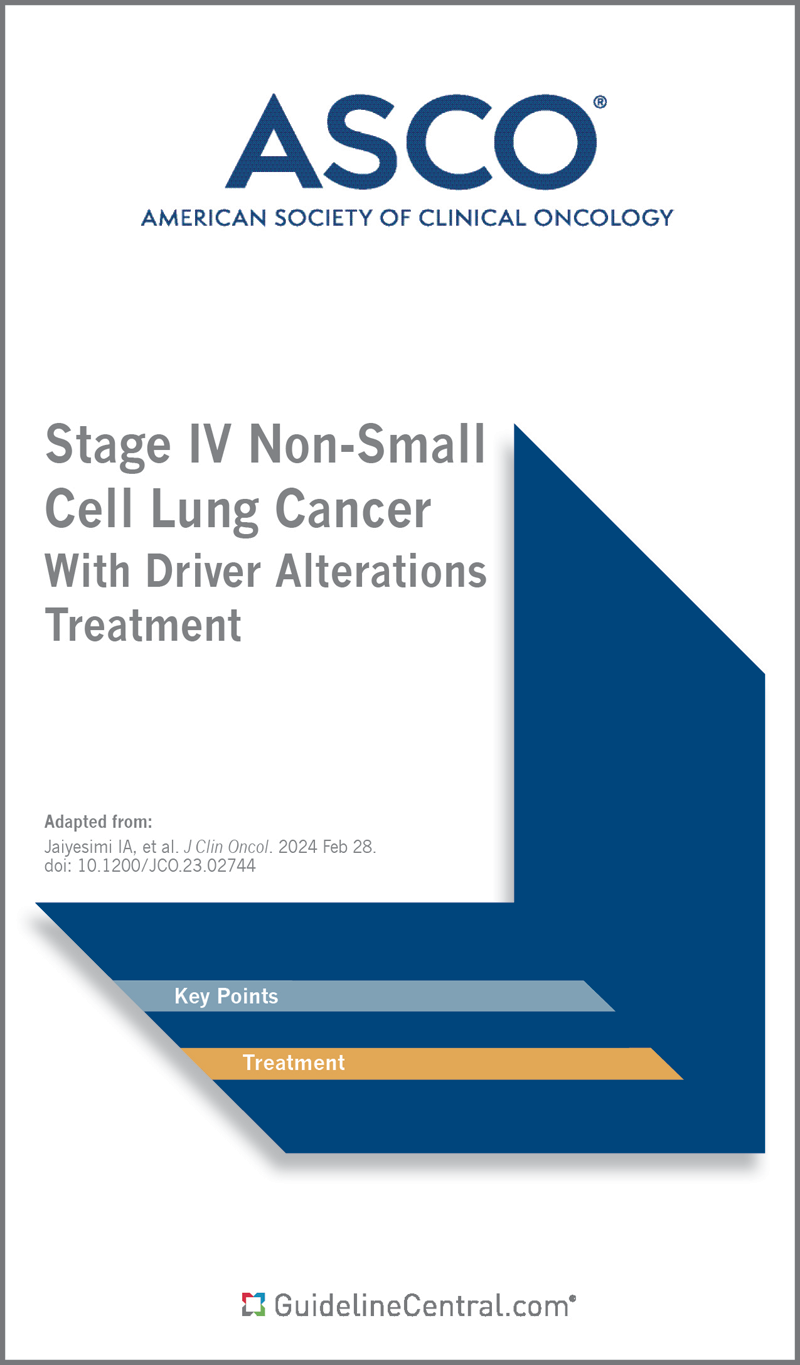
Therapy for Stage IV Non-Small-Cell Lung Cancer With Driver Alterations

Stage III Non-Small Cell Lung Cancer

Antineoplastic Therapy Administration Safety Standards for Adult and Pediatric Oncology

Selection of Optimal Adjuvant Chemotherapy and Targeted Therapy for Early Breast Cancer

Germline Genetic Testing for Cancer

Fatigue in Adult Survivors of Cancer

HR-Positive, HER2-Negative Metastatic Breast Cancer

Biomarkers for Systemic Therapy in Metastatic Breast Cancer

Osteoradionecrosis in Patients With Head and Neck Cancer
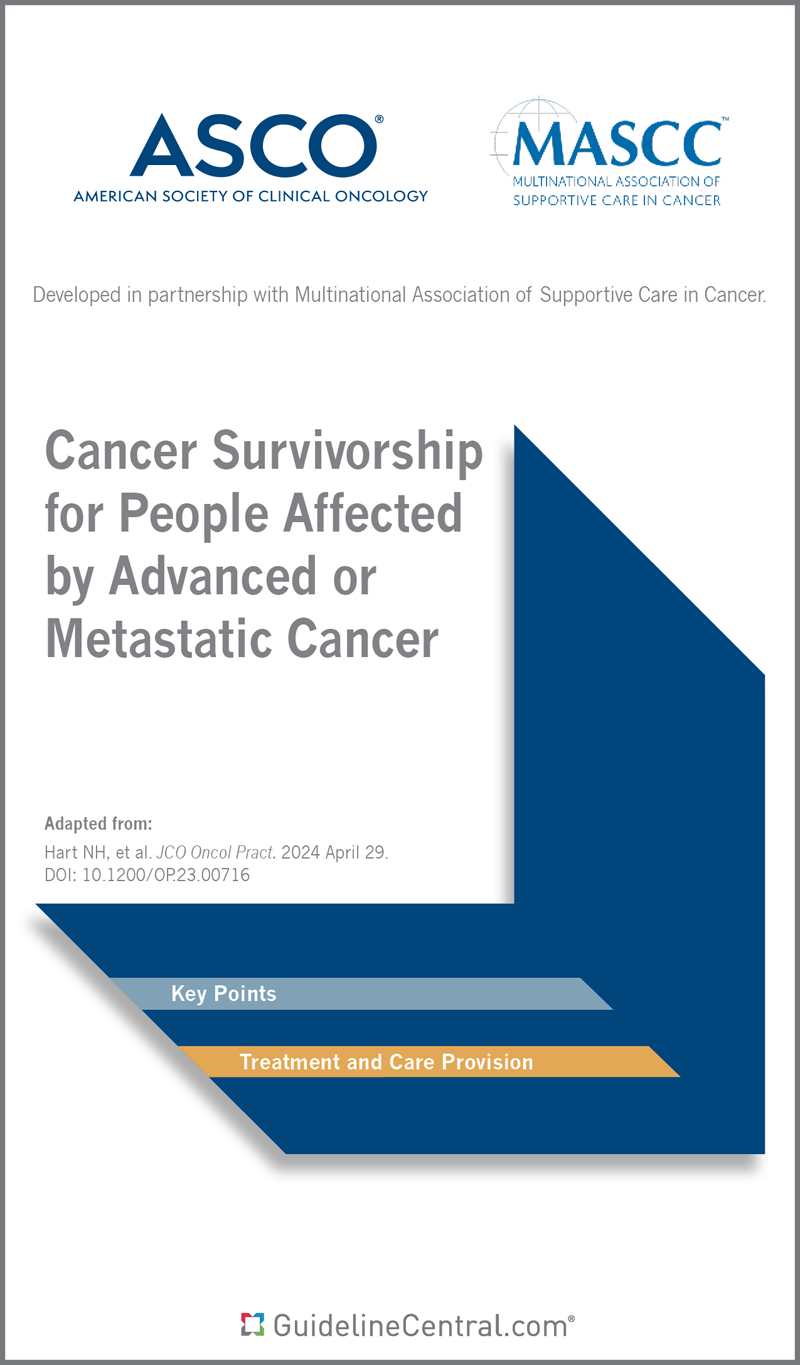
Cancer Survivorship for People Affected by Advanced or Metastatic Cancer
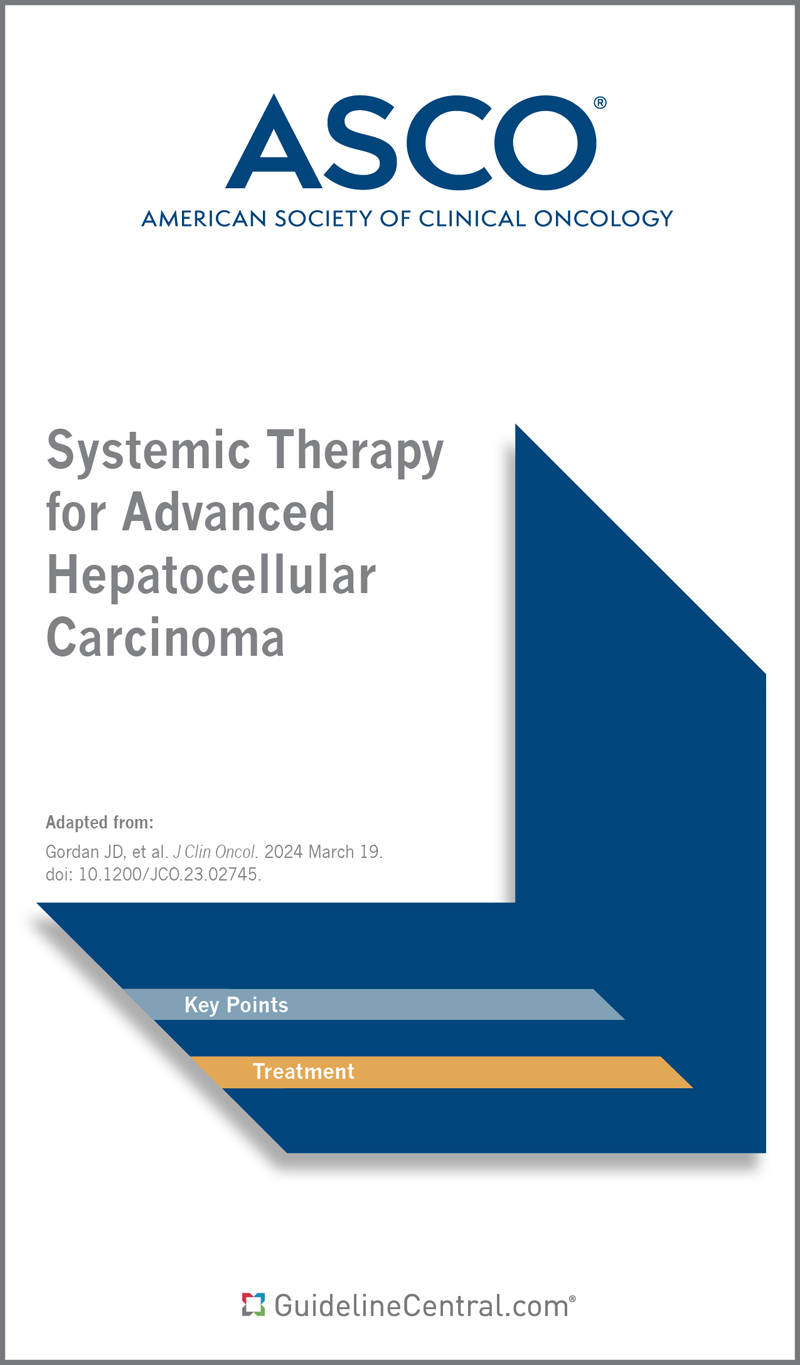
Systemic Therapy for Advanced Hepatocellular Carcinoma
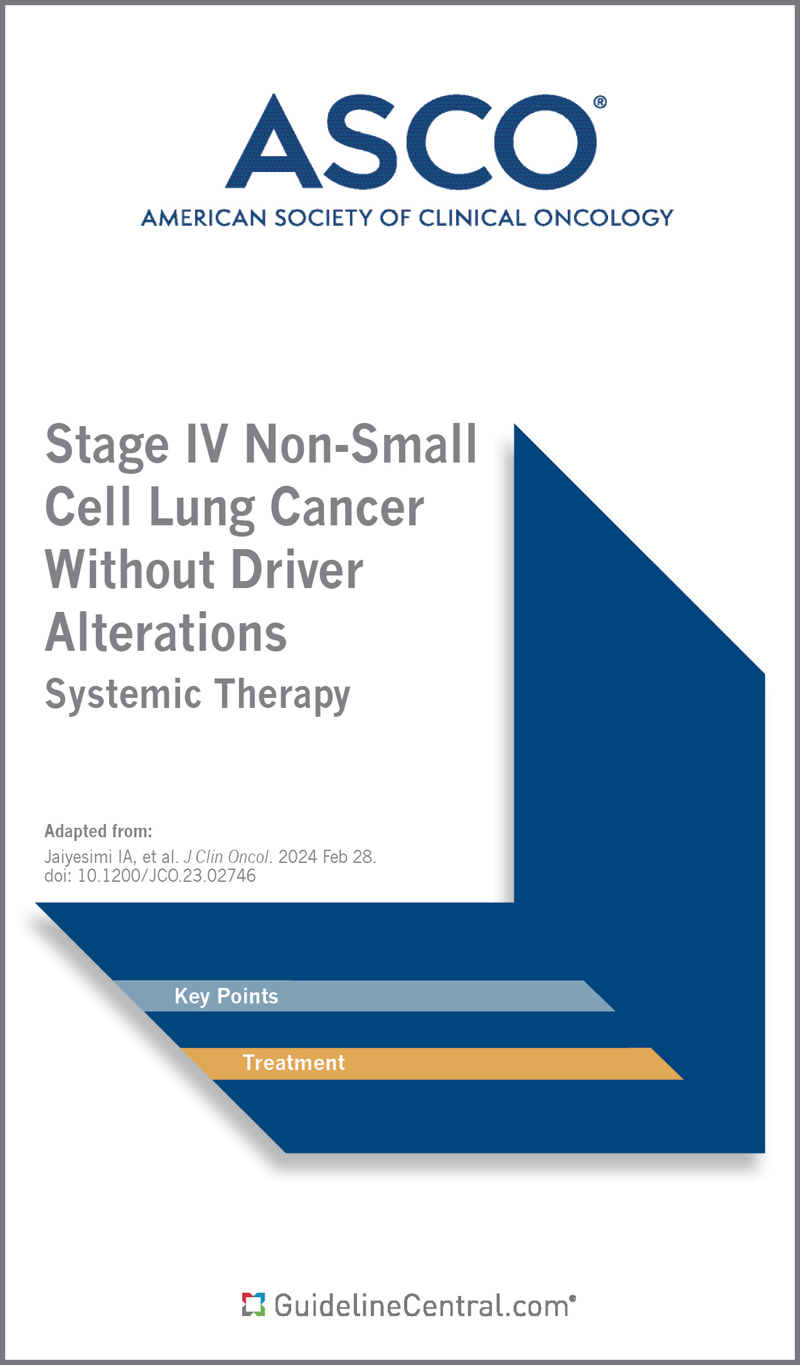
Stage IV Non-Small Cell Lung Cancer without Driver Alterations
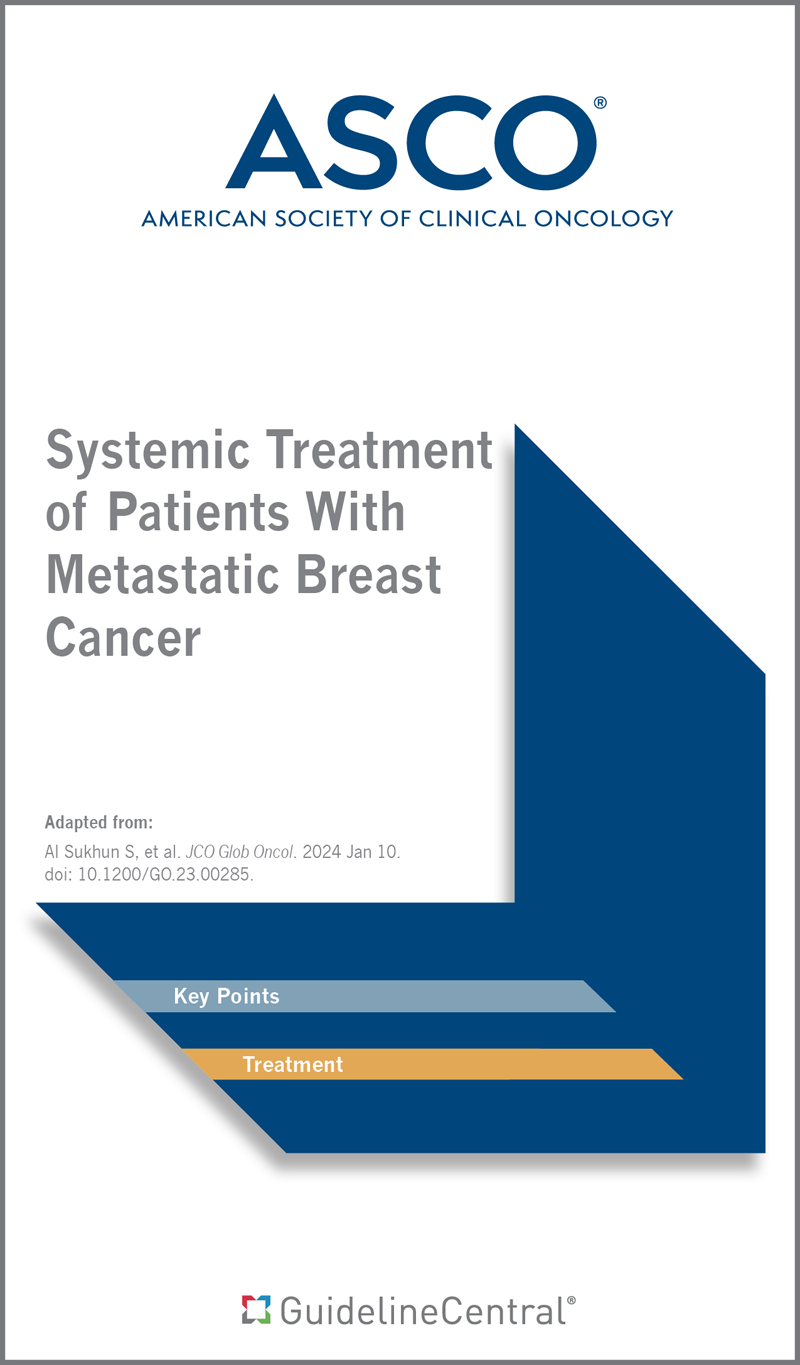
Systemic Treatment of Patients With Metastatic Breast Cancer
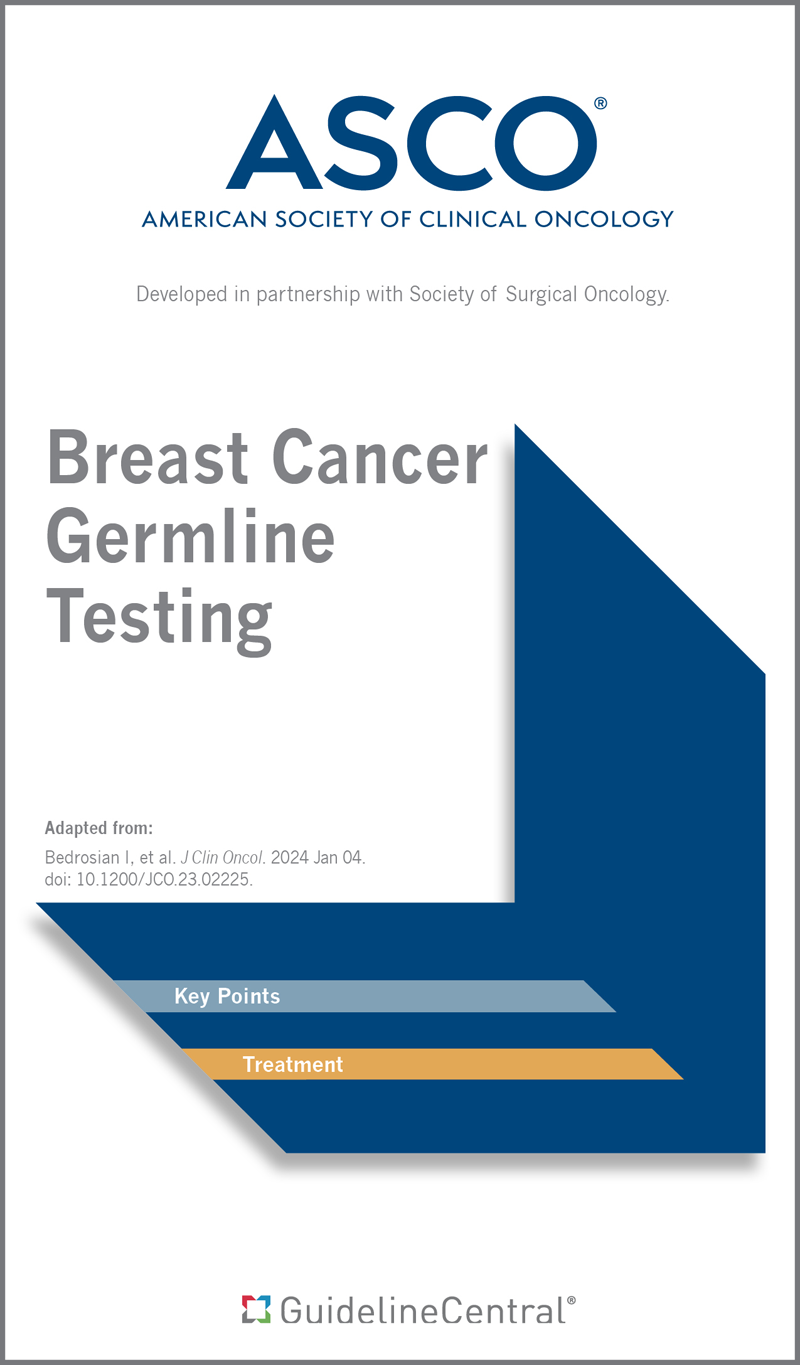
Breast Cancer Germline Testing
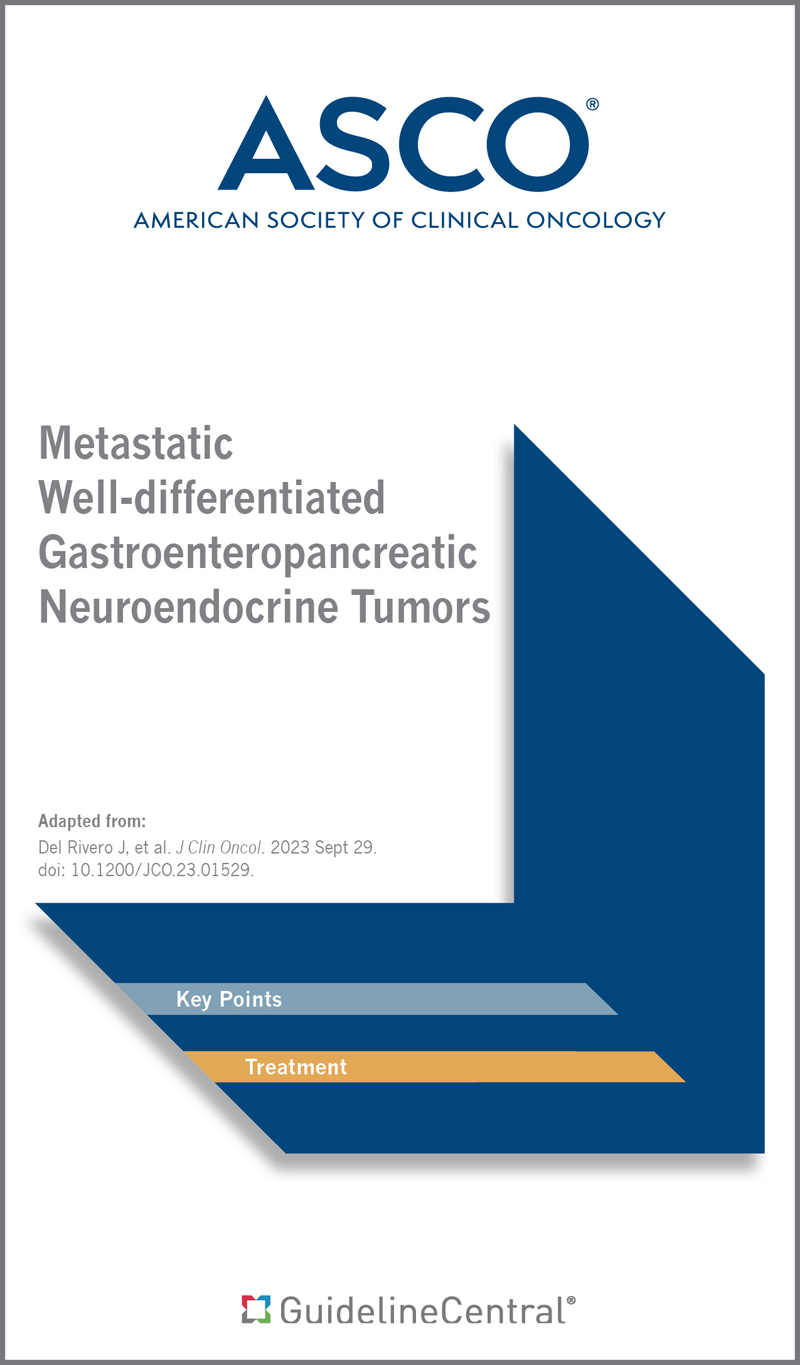
Metastatic Well-differentiated Gastroenteropancreatic Neuroendocrine Tumors
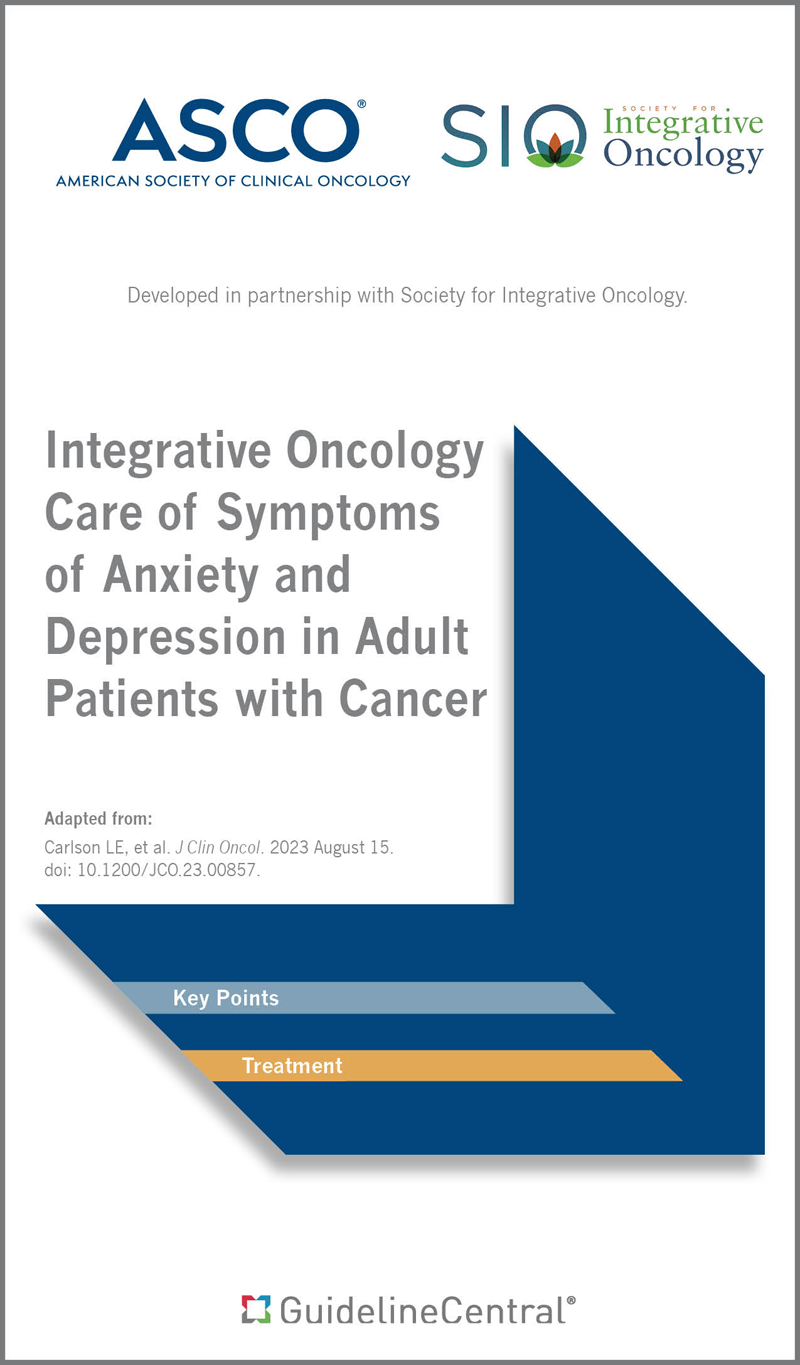
Integrative Oncology Care of Symptoms of Anxiety and Depression in Adult Patients with Cancer
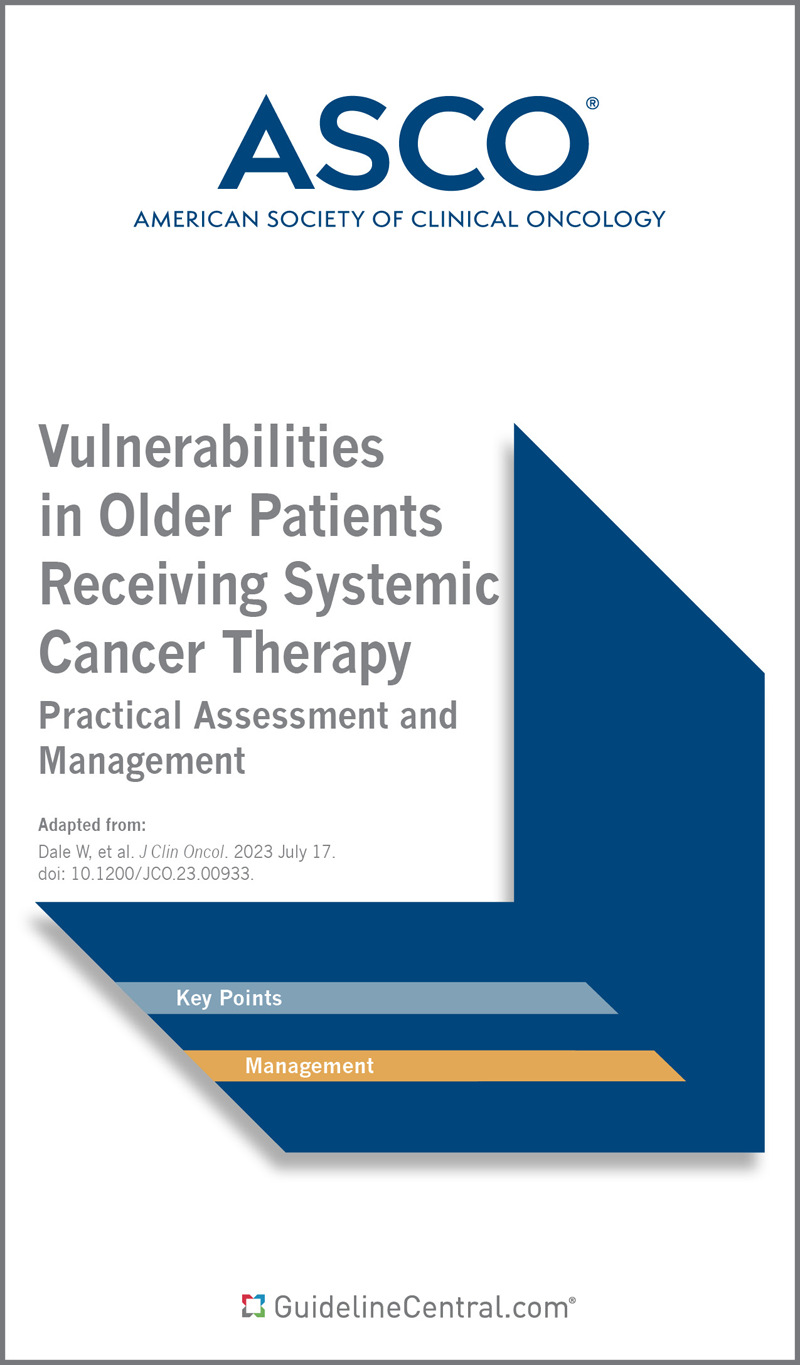
Vulnerabilities in Older Patients Receiving Systemic Cancer Therapy
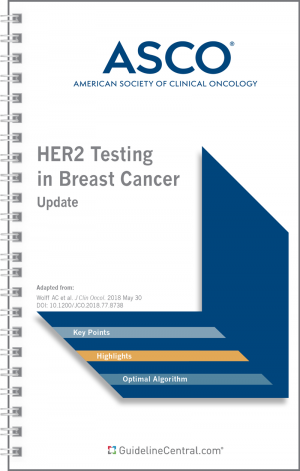
HER2 Testing in Breast Cancer
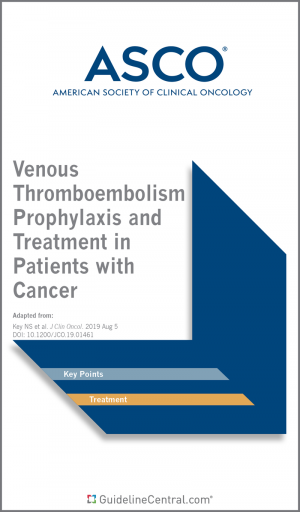
Venous Thromboembolism Prophylaxis and Treatment in Patients with Cancer
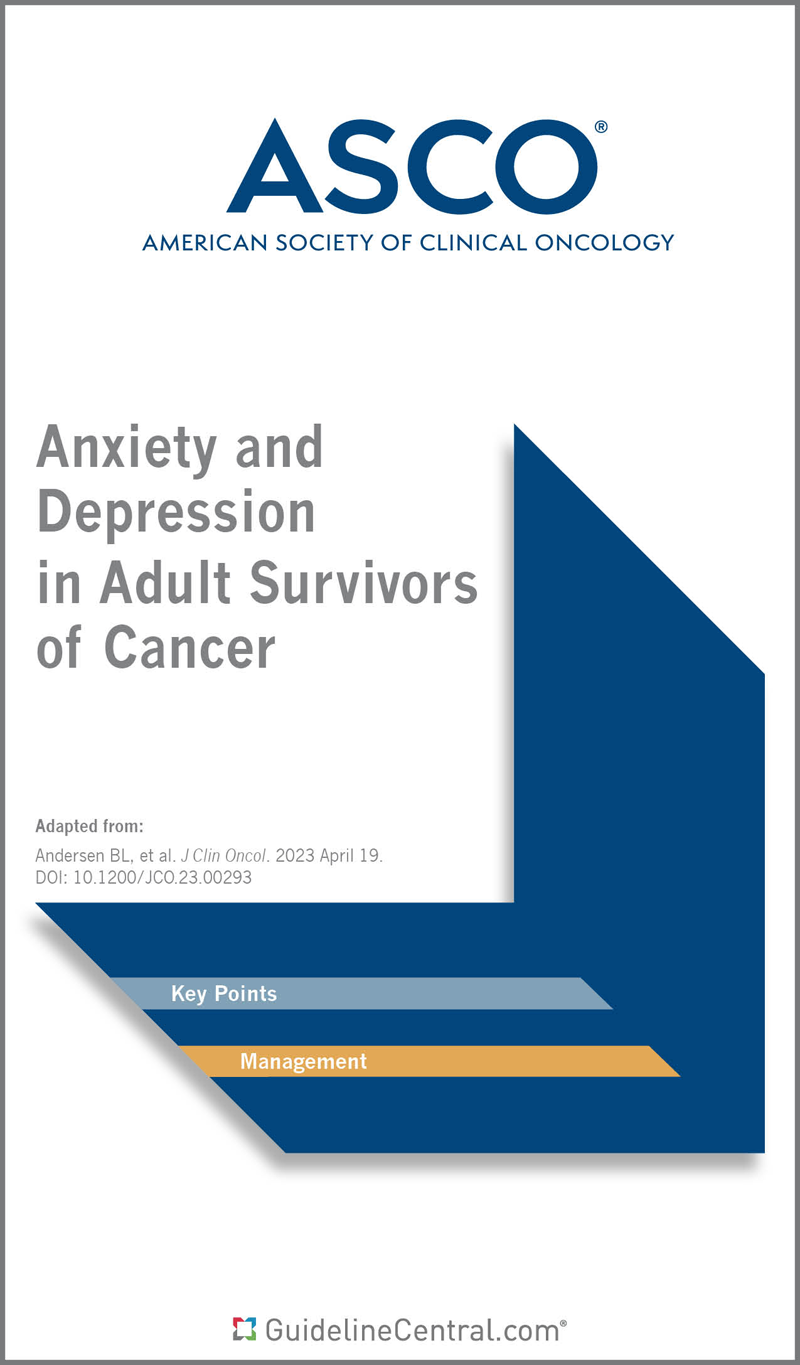
Anxiety and Depression in Adult Survivors of Cancer
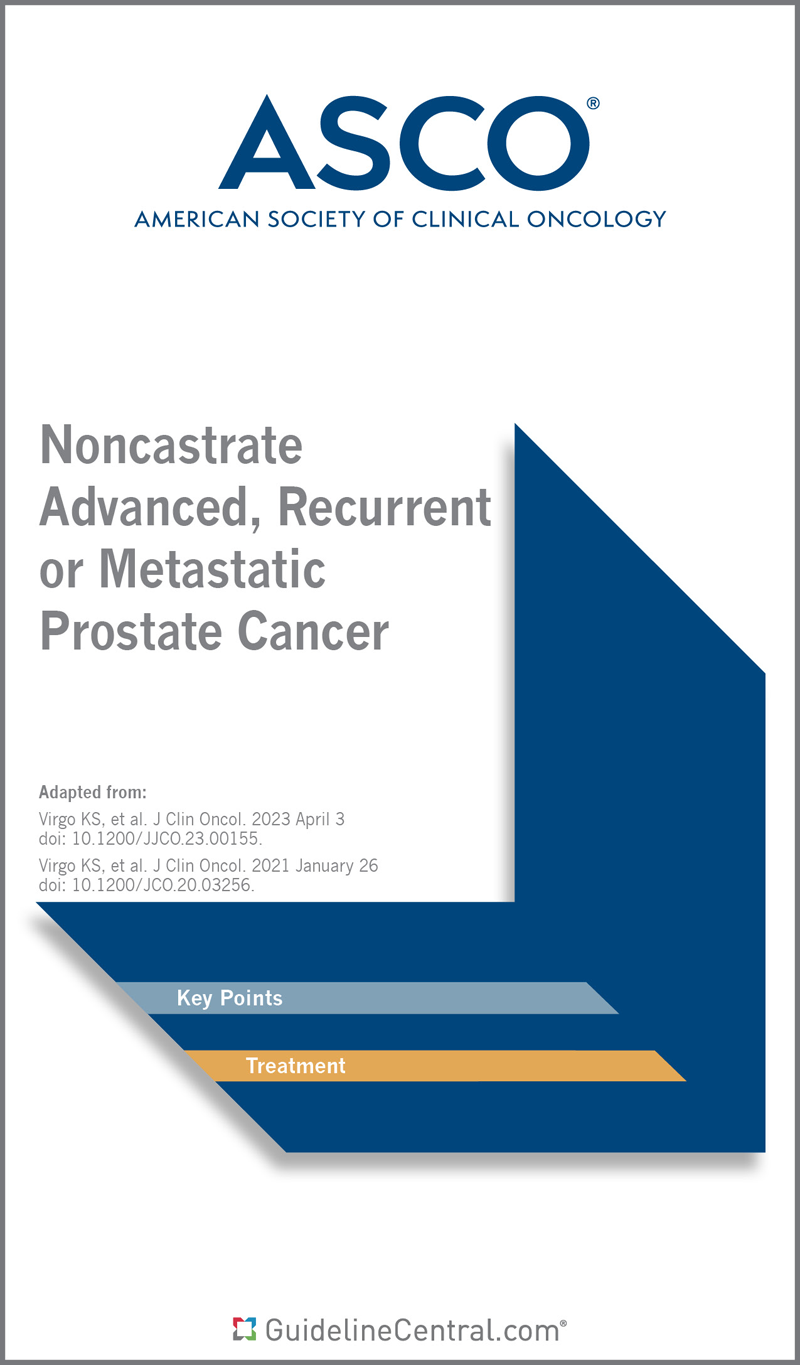
Initial Management of Noncastrate Advanced, Recurrent, or Metastatic Prostate Cancer
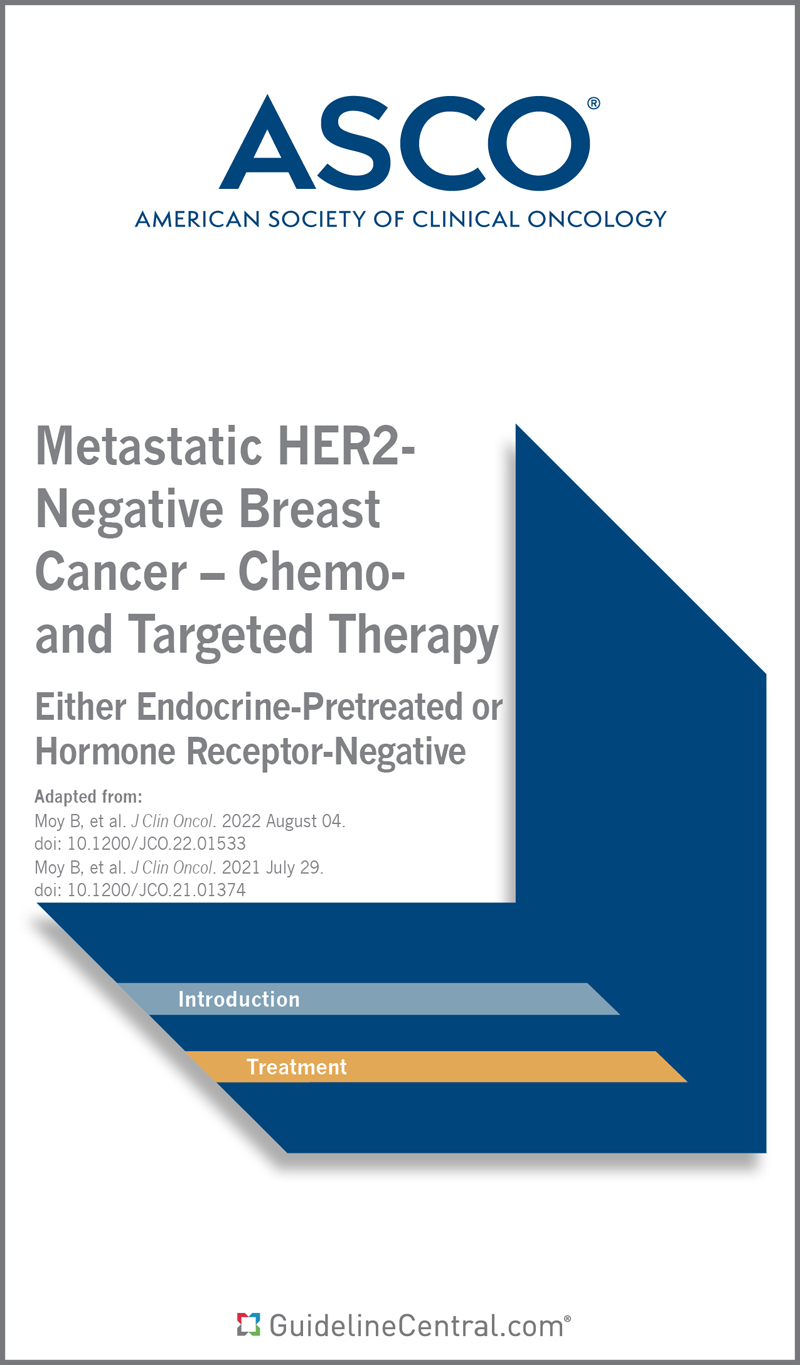
Metastatic HER2-Negative Breast Cancer – Chemo- and Targeted Therapy
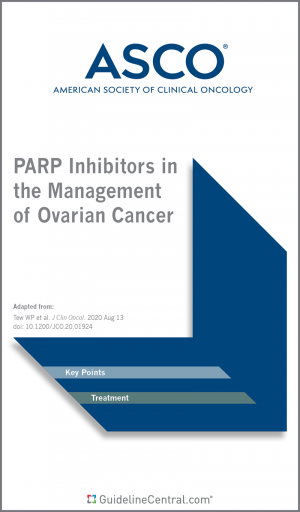
PARP Inhibitors in the Management of Ovarian Cancer
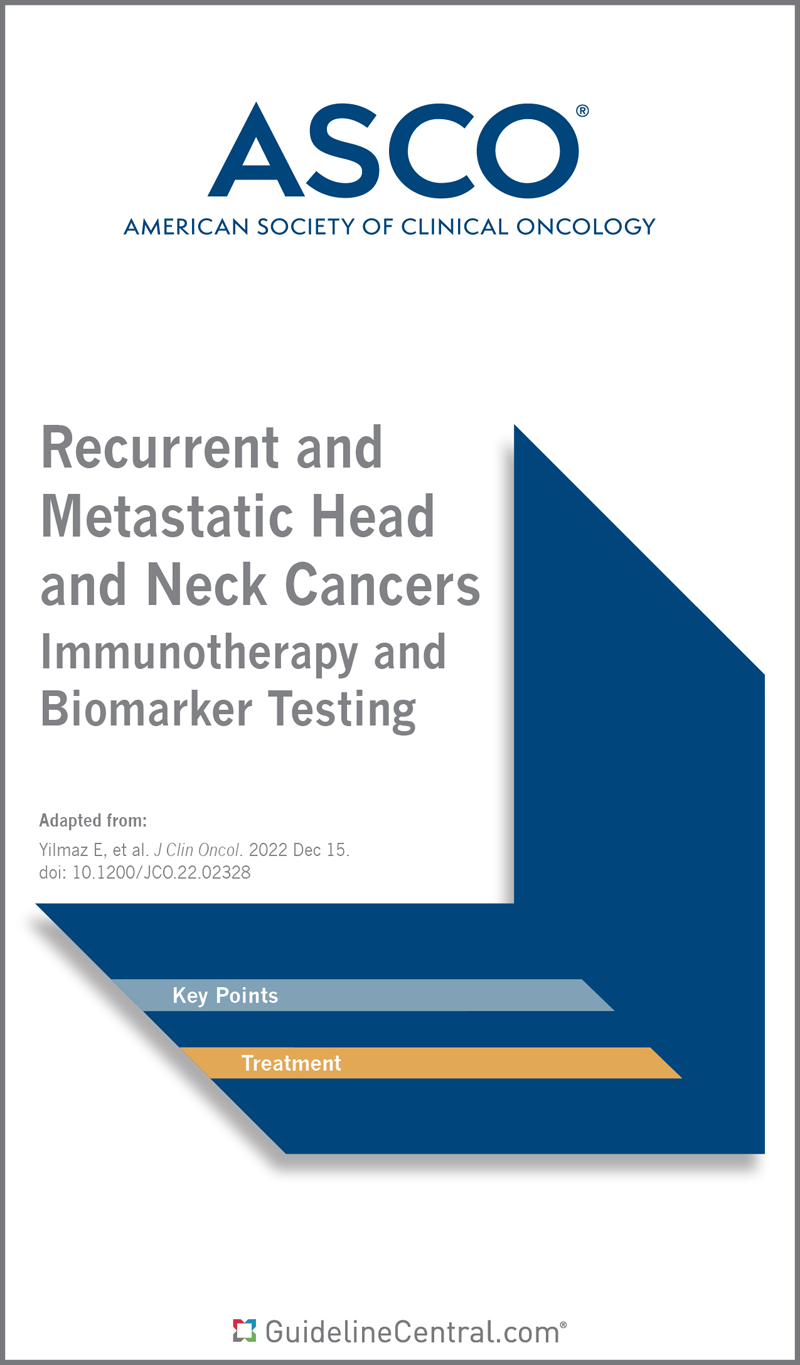
Recurrent and Metastatic Head and Neck Cancers
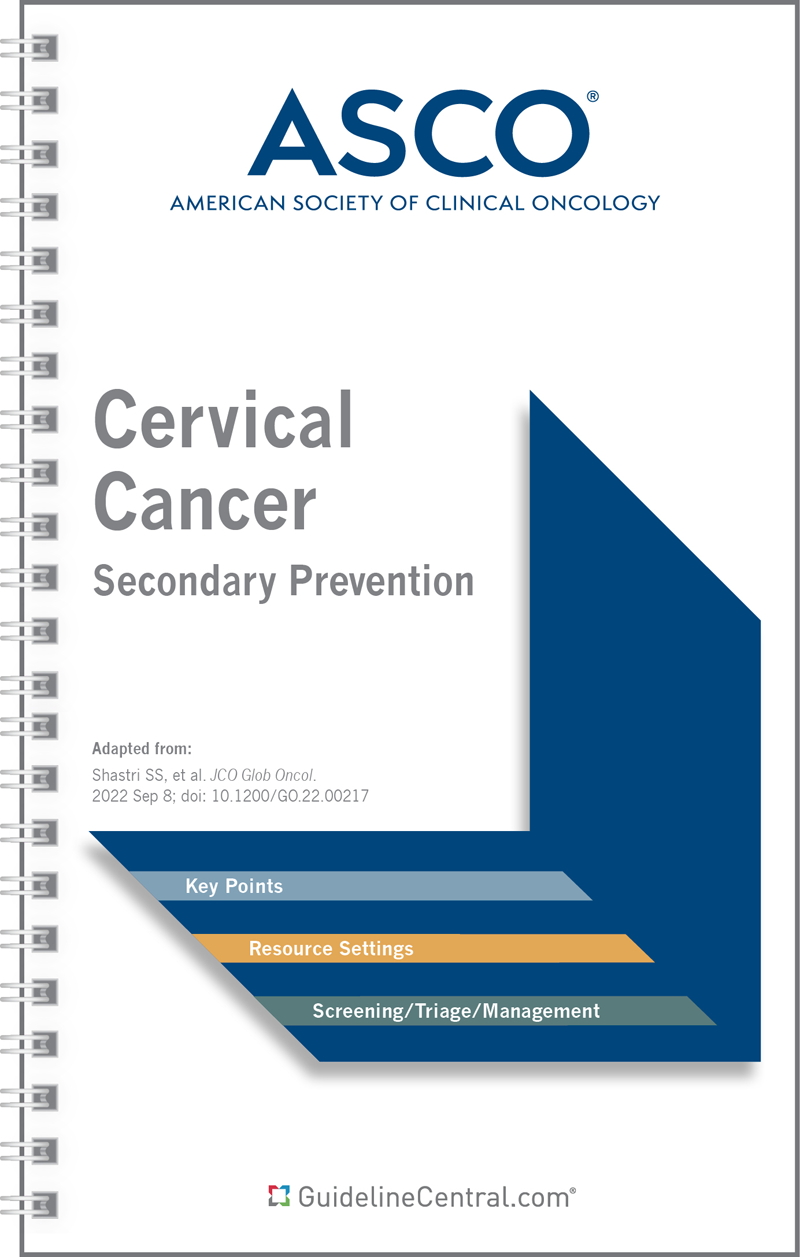
Secondary Prevention of Cervical Cancer
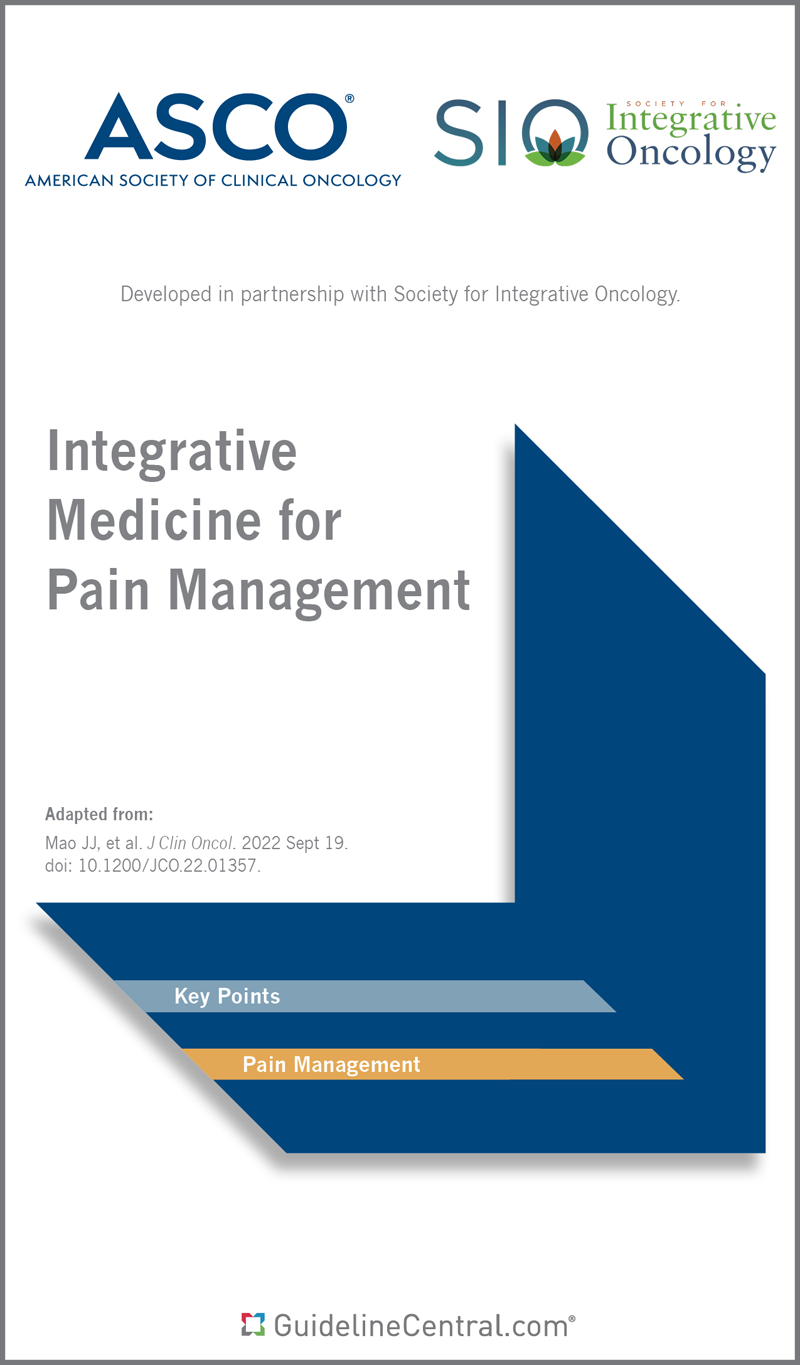
Integrative Medicine for Pain Management in Oncology
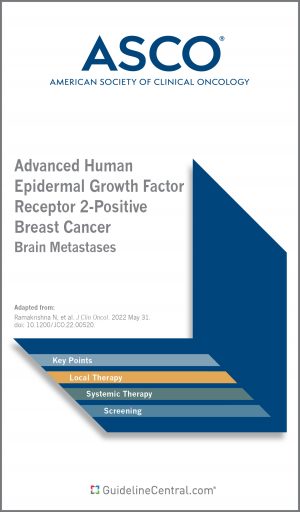
Advanced Human Epidermal Growth Factor Receptor 2-Positive Breast Cancer – Brain Metastases
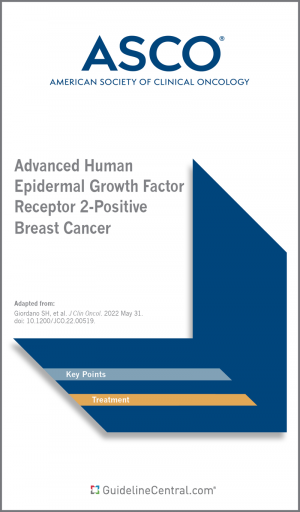
Advanced Human Epidermal Growth Factor Receptor 2-Positive Breast Cancer
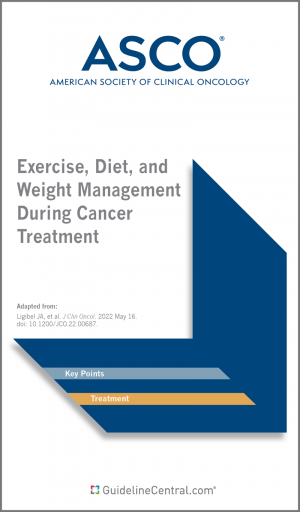
Exercise, Diet, and Weight Management During Cancer Treatment
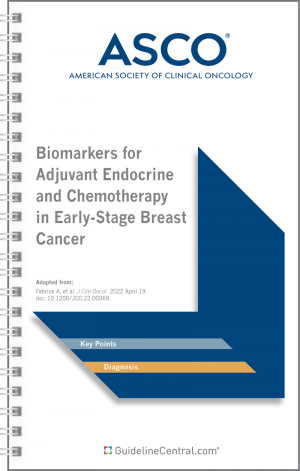
Biomarkers for Adjuvant Endocrine and Chemotherapy in Early-Stage Breast Cancer
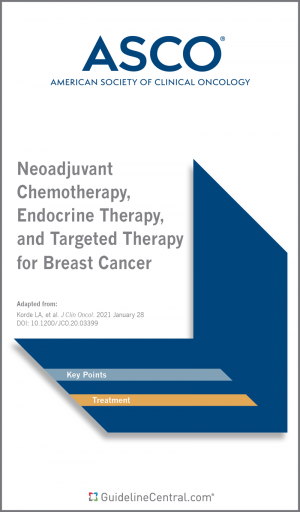
Neoadjuvant Chemotherapy, Endocrine Therapy, and Targeted Therapy for Breast Cancer
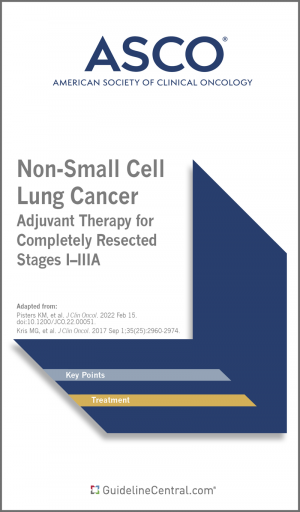
Non-Small Cell Lung Cancer — Adjuvant Therapy for Completely Resected Stages I-IIIA

Somatic Genomic Testing for Metastatic or Advanced Cancer
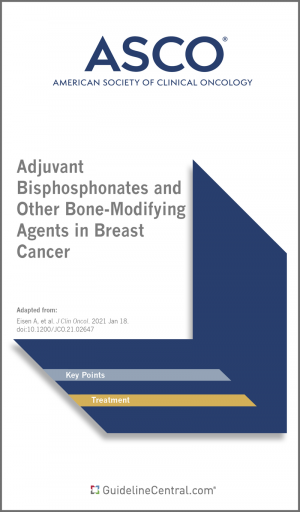
Adjuvant Bisphosphonates and Other Bone-Modifying Agents in Breast Cancer
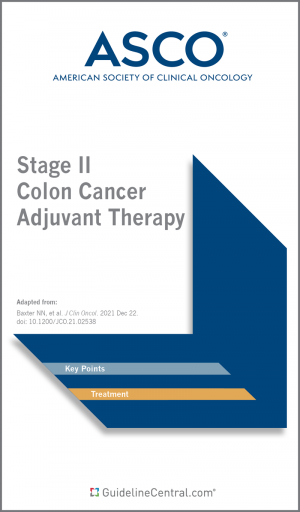
Stage II Colon Cancer Adjuvant Therapy
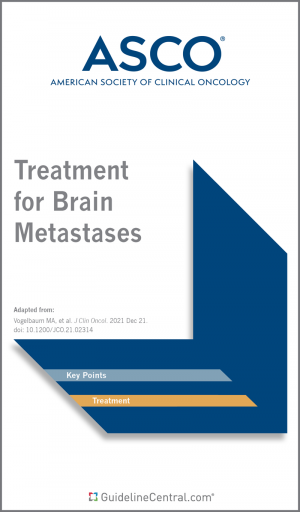
Treatment for Brain Metastases
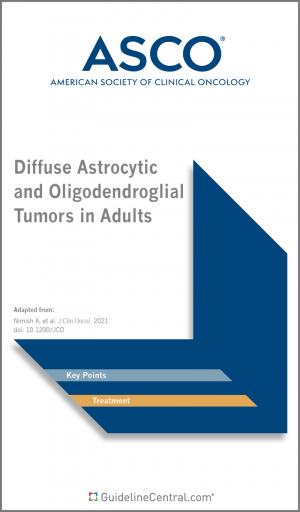
Diffuse Astrocytic and Oligodendroglial Tumors in Adults
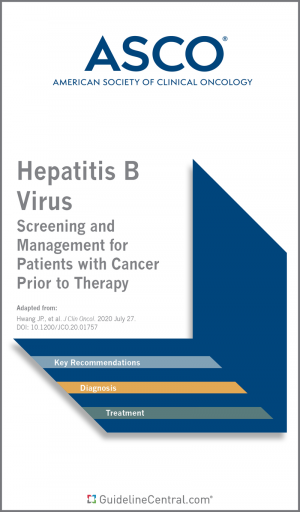
Hepatitis B Virus Screening and Management for Patients with Cancer Prior to Therapy
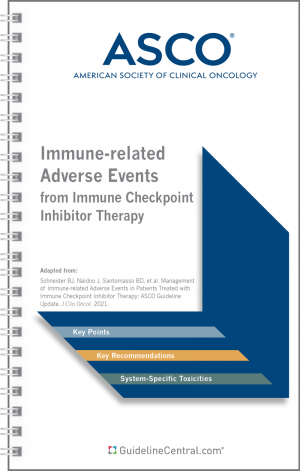
Immune-related Adverse Events from Immune Checkpoint Inhibitor Therapy
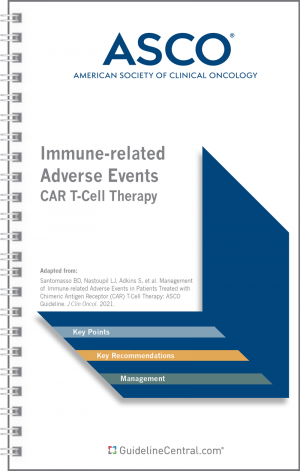
Immune-related Adverse Events — CAR T-Cell Therapy
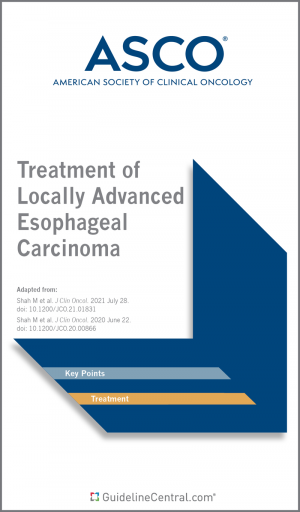
Treatment of Locally Advanced Esophageal Carcinoma
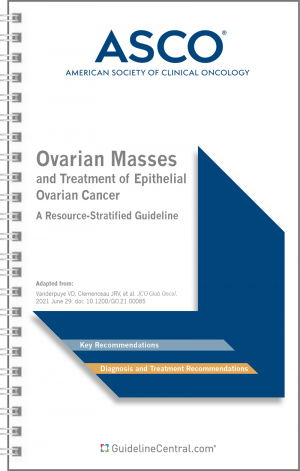
Ovarian Masses and Treatment of Epithelial Ovarian Cancer
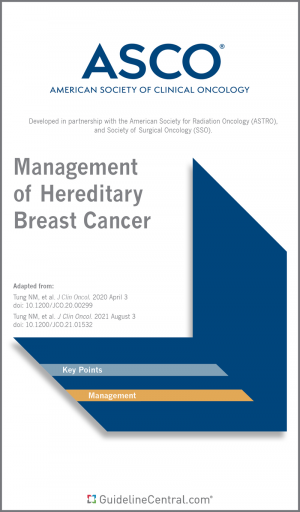
Management of Hereditary Breast Cancer
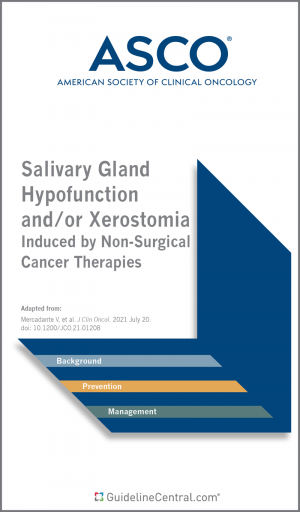
Salivary Gland Hypofunction and/or Xerostomia
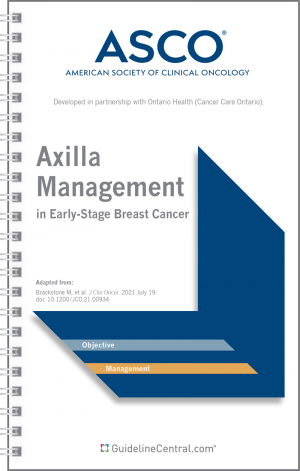
Axilla Management in Early-Stage Breast Cancer
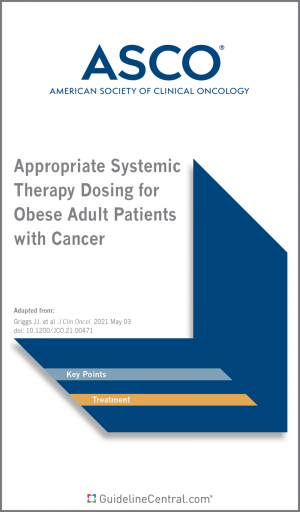
Appropriate Systemic Therapy Dosing for Obese Adult Patients with Cancer
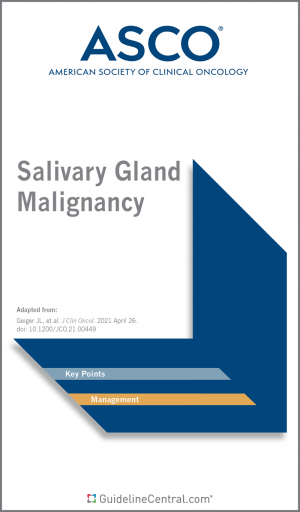
Management of Salivary Gland Malignancy
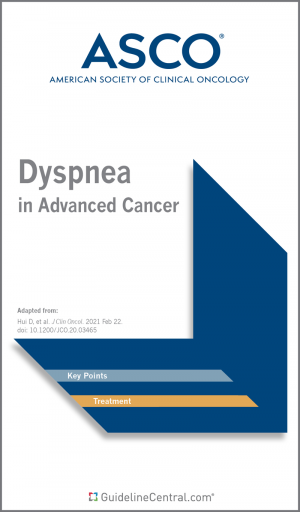
Management of Dyspnea in Advanced Cancer
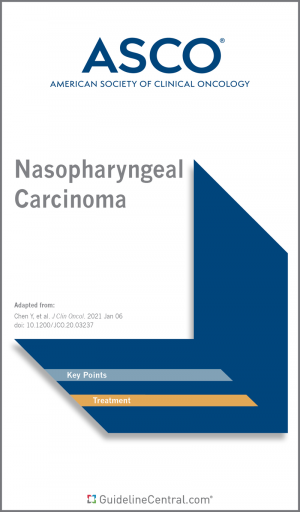
Chemotherapy in Combination With Radiotherapy for Definitive-Intent Treatment of Stage II-IVA Nasopharyngeal Carcinoma
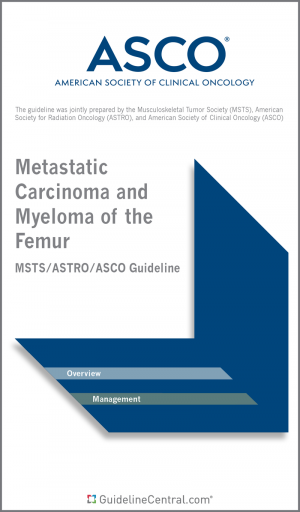
Treatment of Metastatic Carcinoma and Myeloma of the Femur
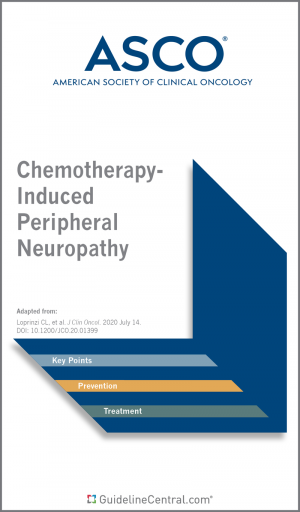
Prevention And Management Of Chemotherapy-Induced Peripheral Neuropathy In Survivors Of Adult Cancers
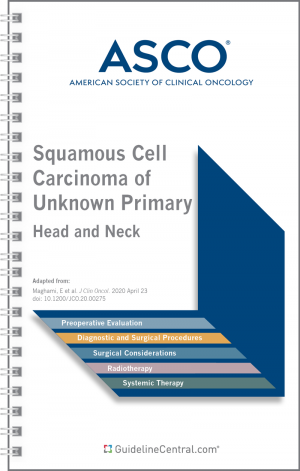
Diagnosis and Management of Squamous Cell Carcinoma of Unknown Primary in the Head and Neck
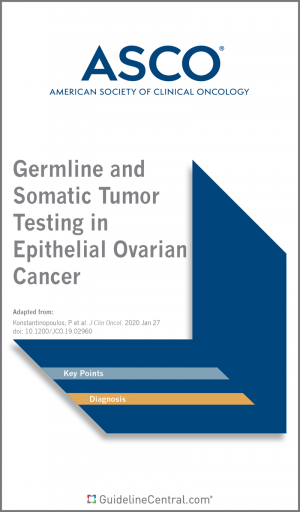
Germline and Somatic Tumor Testing in Epithelial Ovarian Cancer
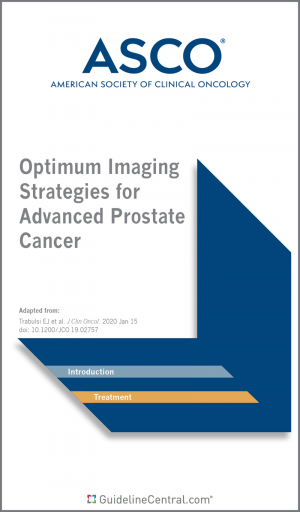
Optimum Imaging Strategies for Advanced Prostate Cancer
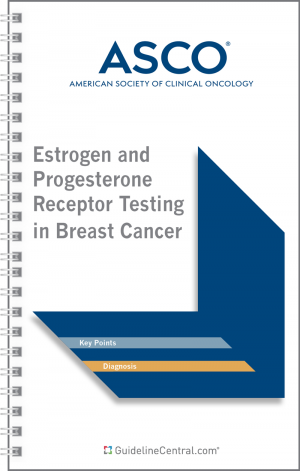
Estrogen and Progesterone Receptor Testing in Breast Cancer
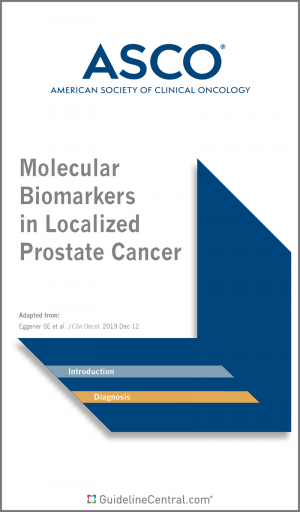
Molecular Biomarkers in Localized Prostate Cancer
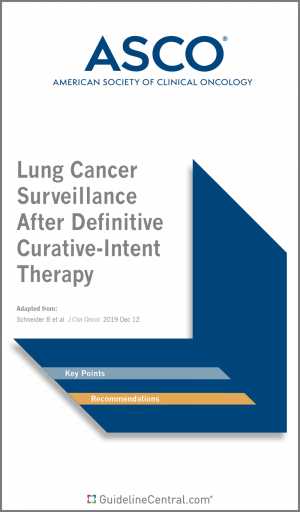
Lung Cancer Surveillance After Definitive Curative-Intent Therapy
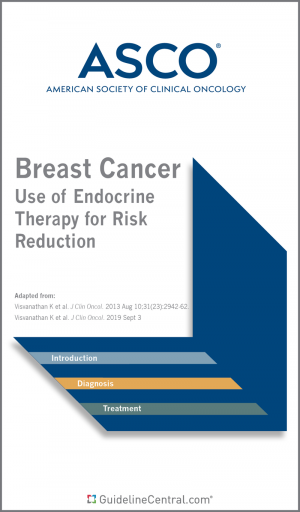
Use of Endocrine Therapy for Breast Cancer Risk Reduction
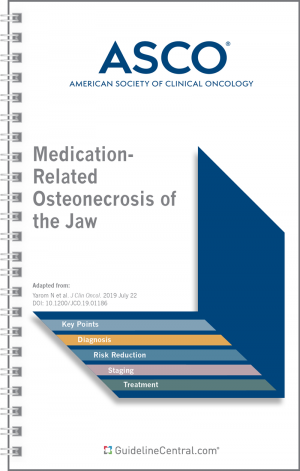
Medication-Related Osteonecrosis of the Jaw
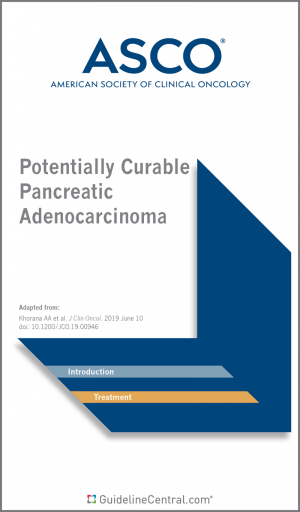
Potentially Curable Pancreatic Adenocarcinoma
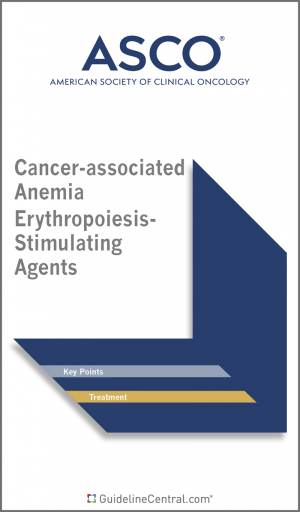
Cancer-Associated Anemia With Erythropoiesis-Stimulating Agents
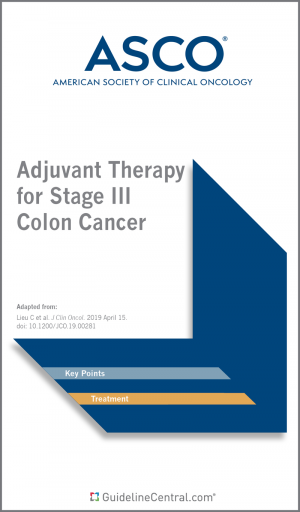
Adjuvant Therapy for Stage III Colon Cancer
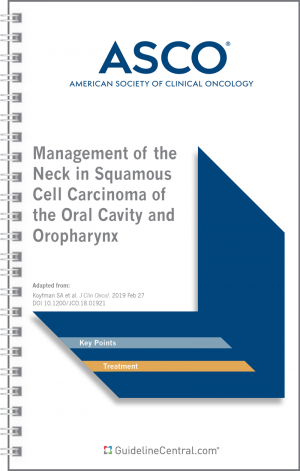
Management of the Neck in Squamous Cell Carcinoma of the Oral Cavity and Oropharynx
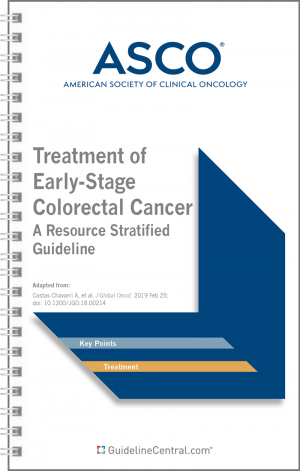
Treatment of Early-Stage Colorectal Cancer
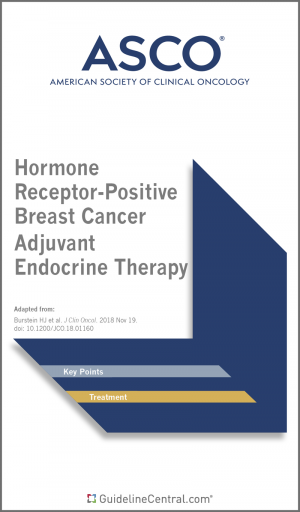
Hormone Receptor–Positive Breast Cancer Adjuvant Endocrine Therapy
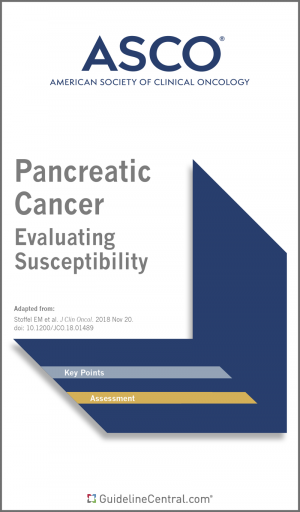
Pancreatic Cancer - Evaluating Susceptibility
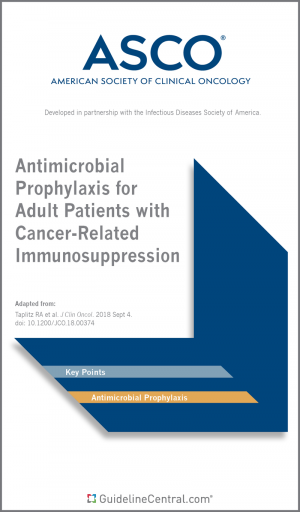
Antimicrobial Prophylaxis for Adult Patients With Cancer-Related Immunosuppression
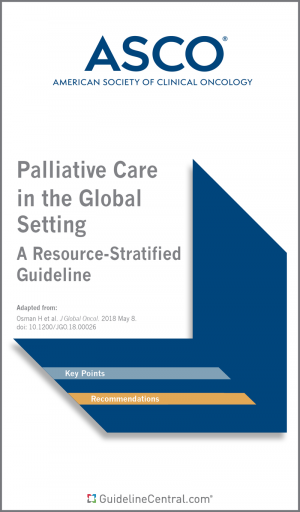
Palliative Care in the Global Setting
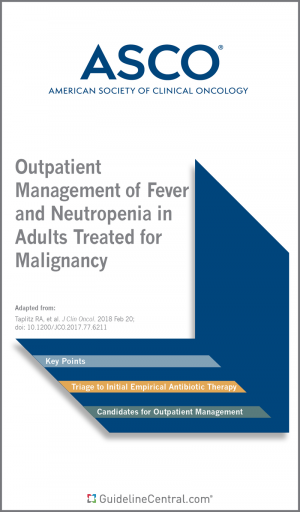
Outpatient Management of Fever and Neutropenia in Adults Treated for Malignancy
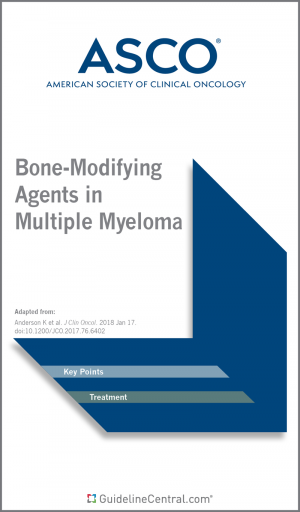
Bone-Modifying Agents in Multiple Myeloma
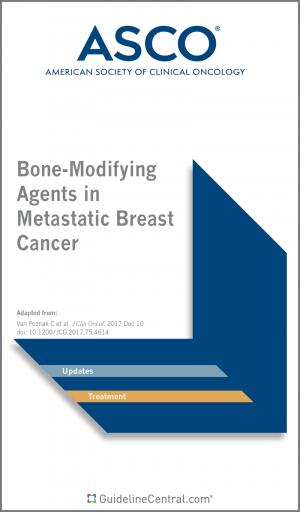
Bone-Modifying Agents in Metastatic Breast Cancer
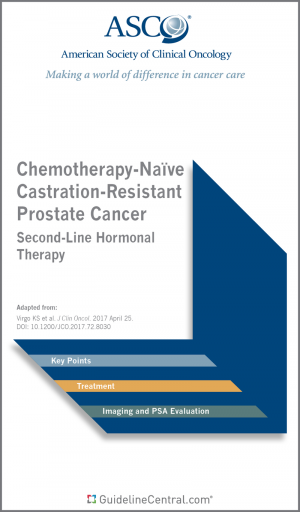
Chemotherapy-Naïve Castration-Resistant Prostate Cancer
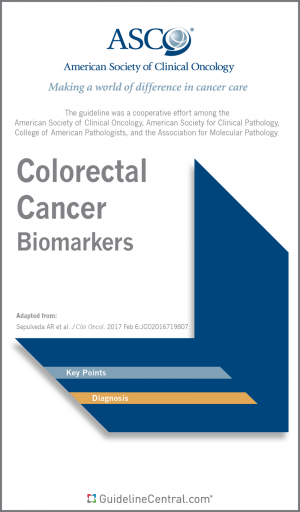
Colorectal Cancer Biomarkers
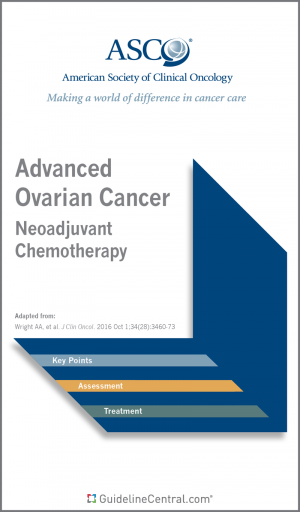
Neoadjuvant Chemotherapy for Newly Diagnosed, Advanced Ovarian Cancer
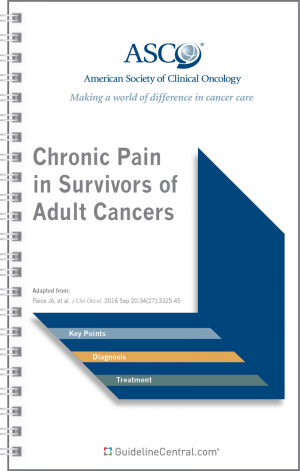
Chronic Pain in Survivors of Adult Cancers
